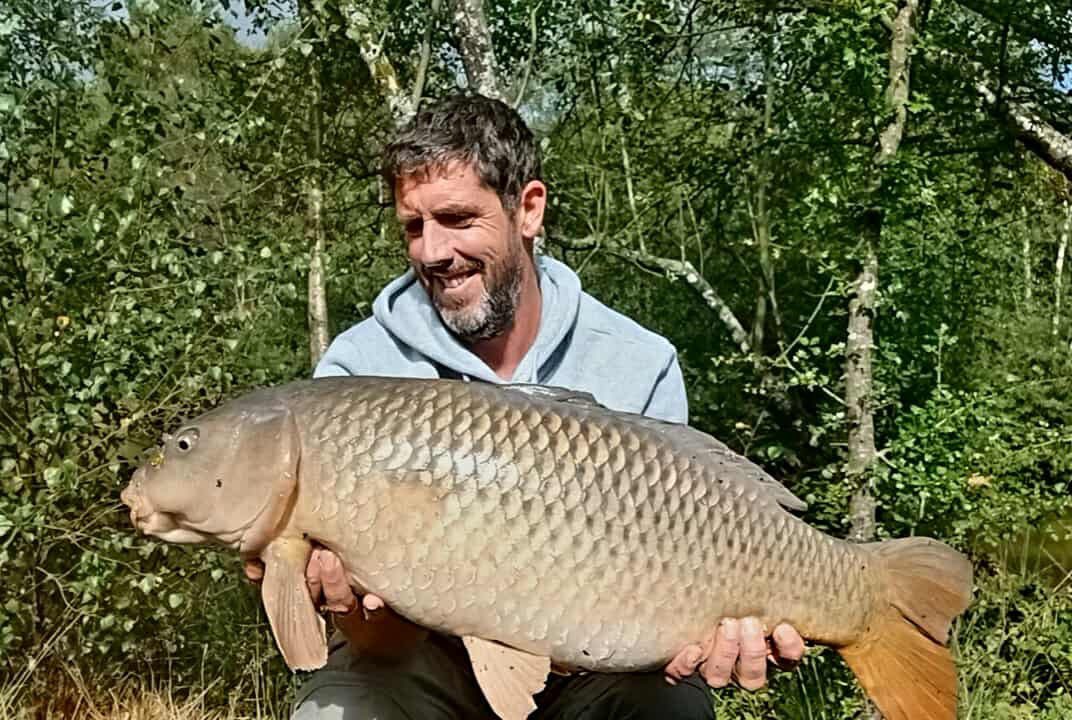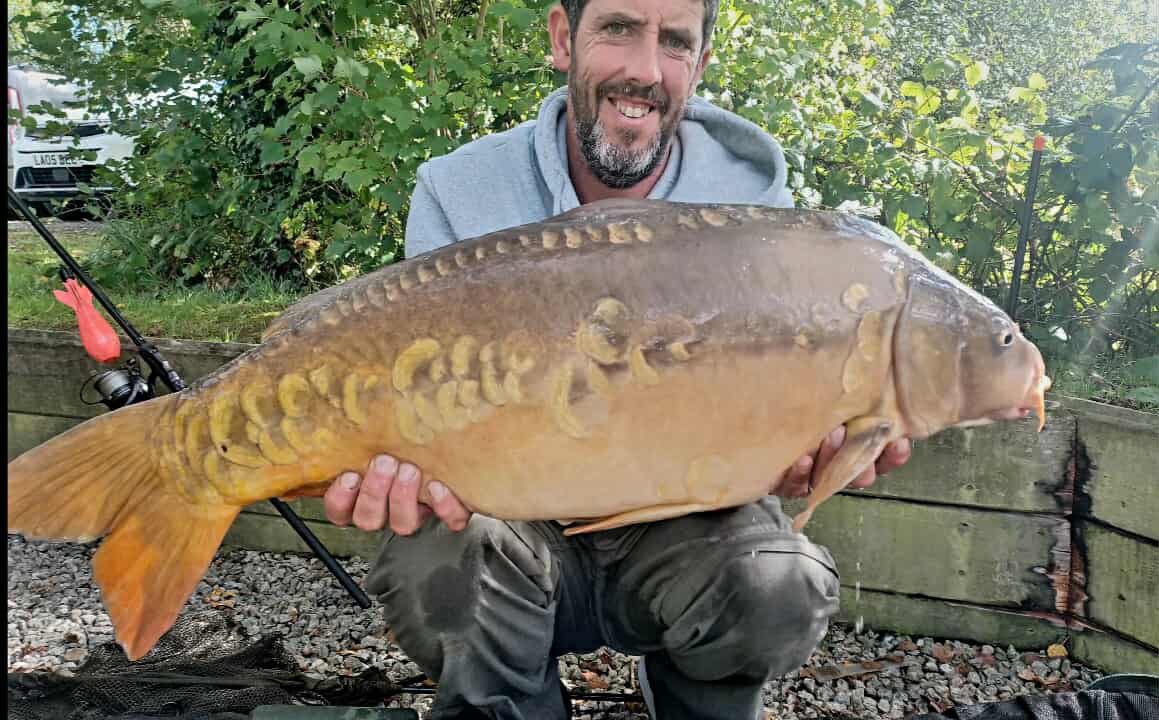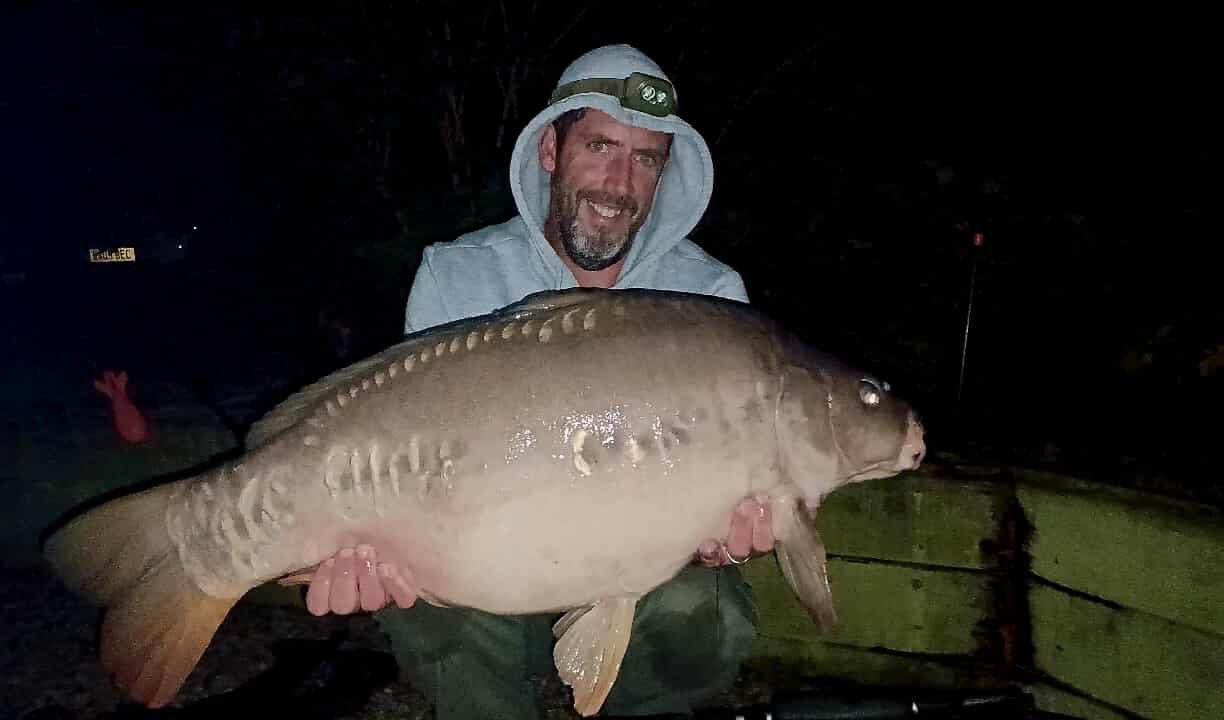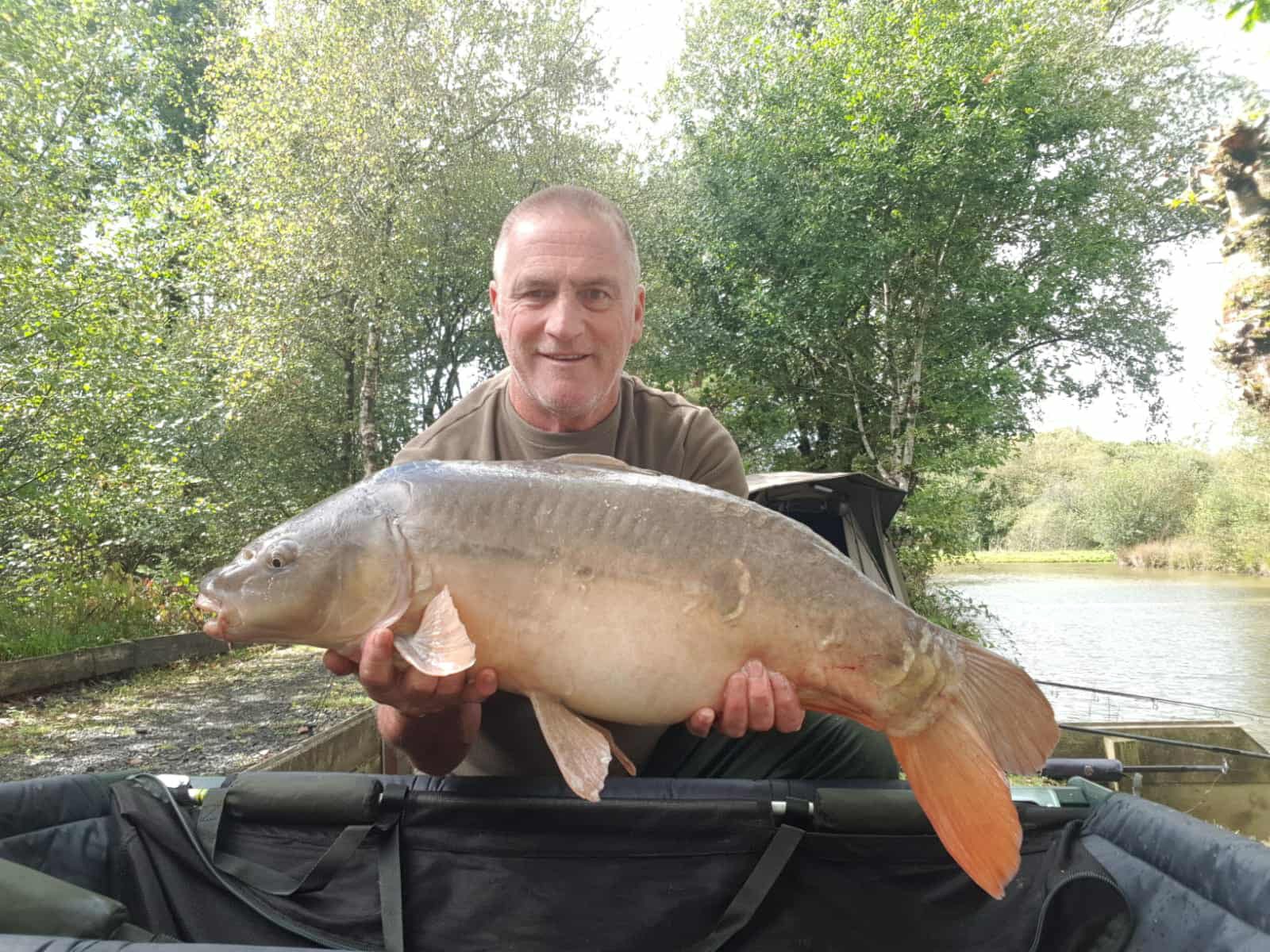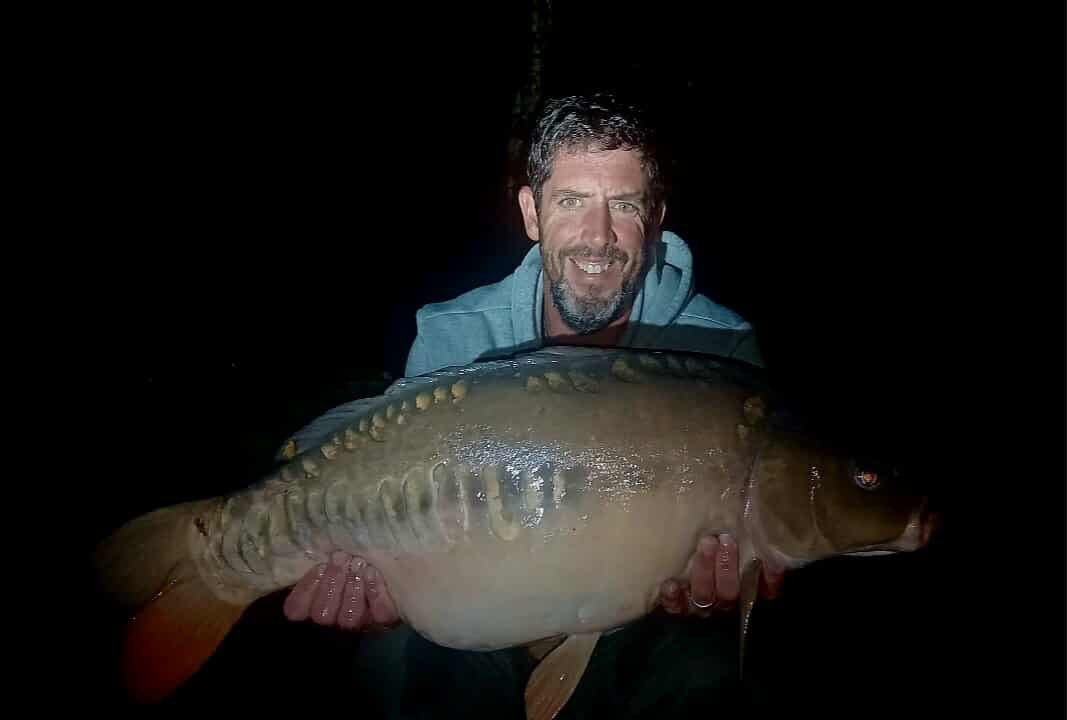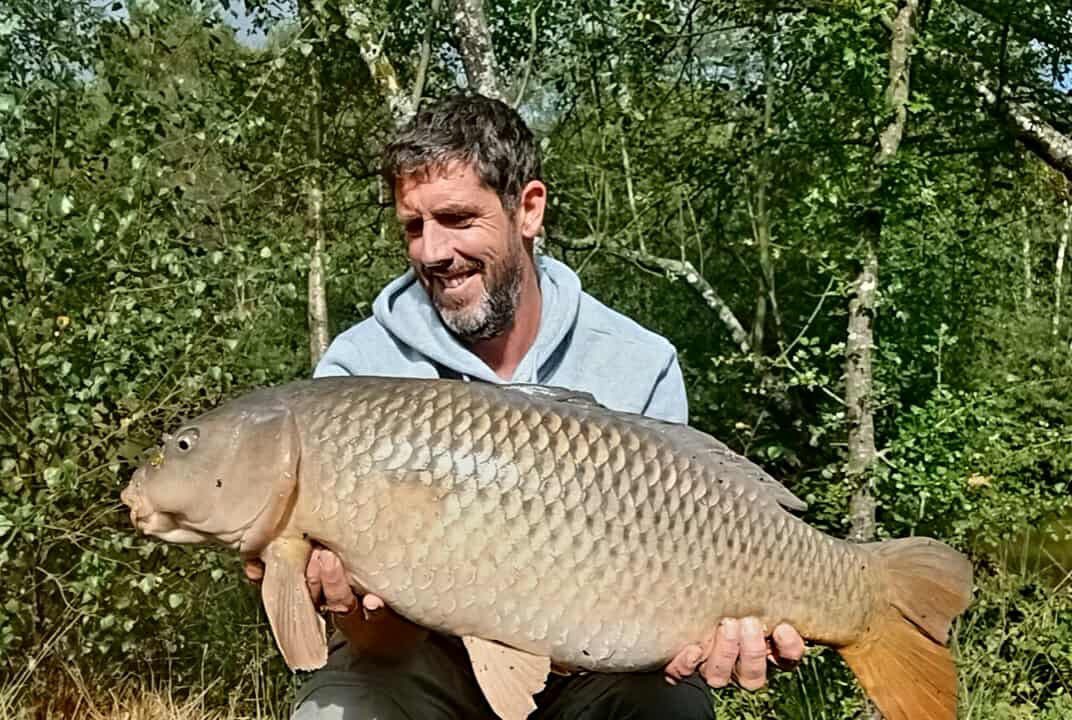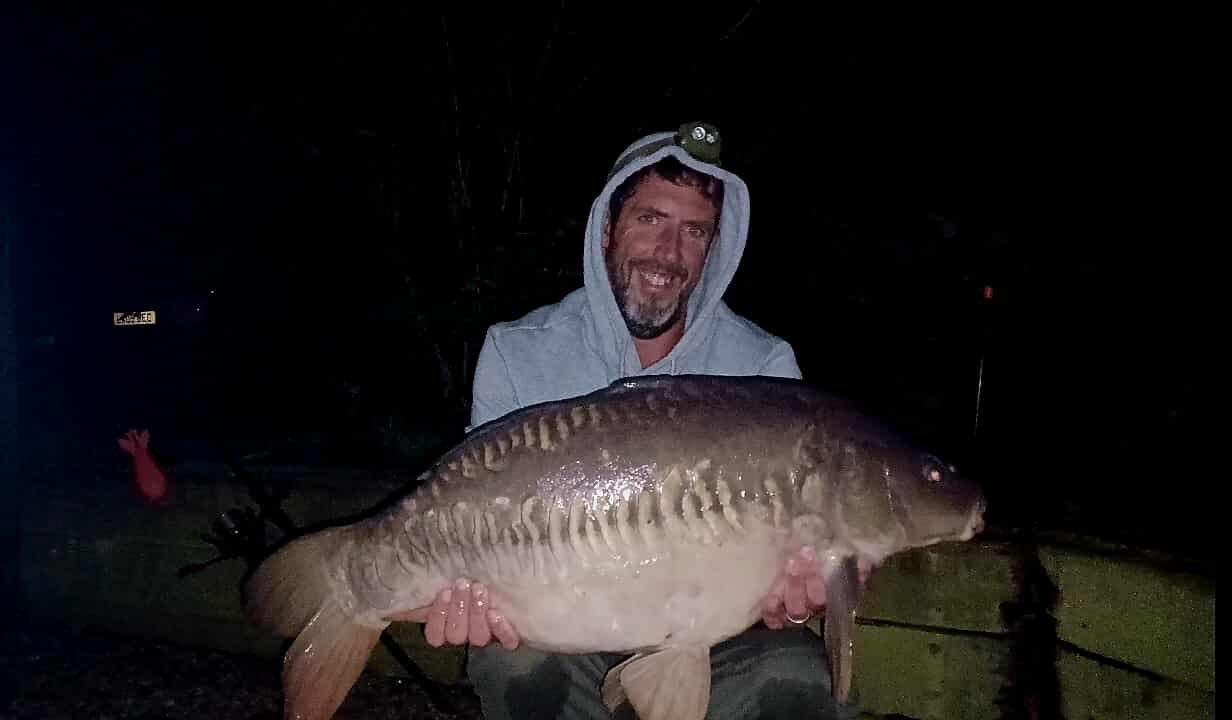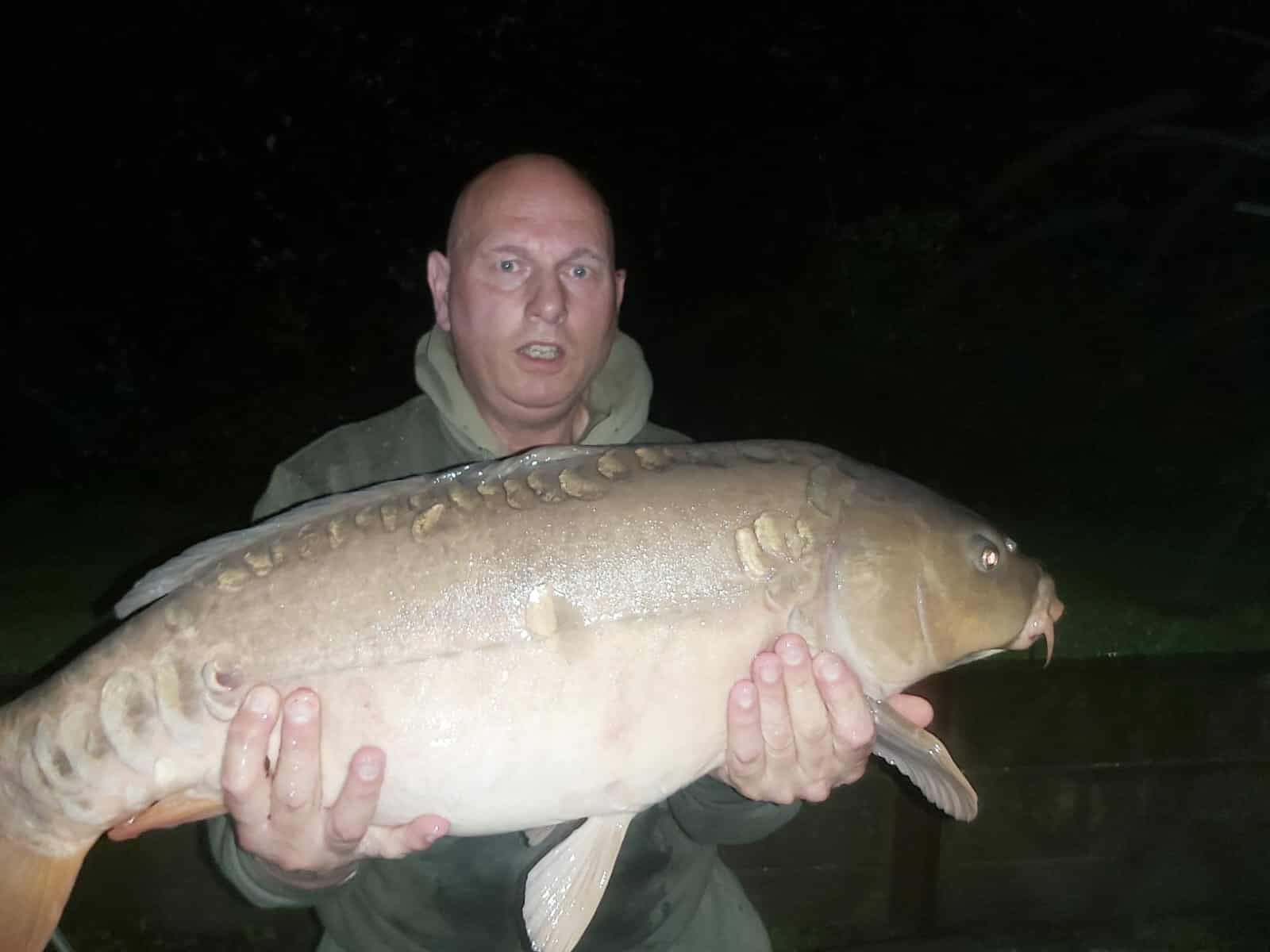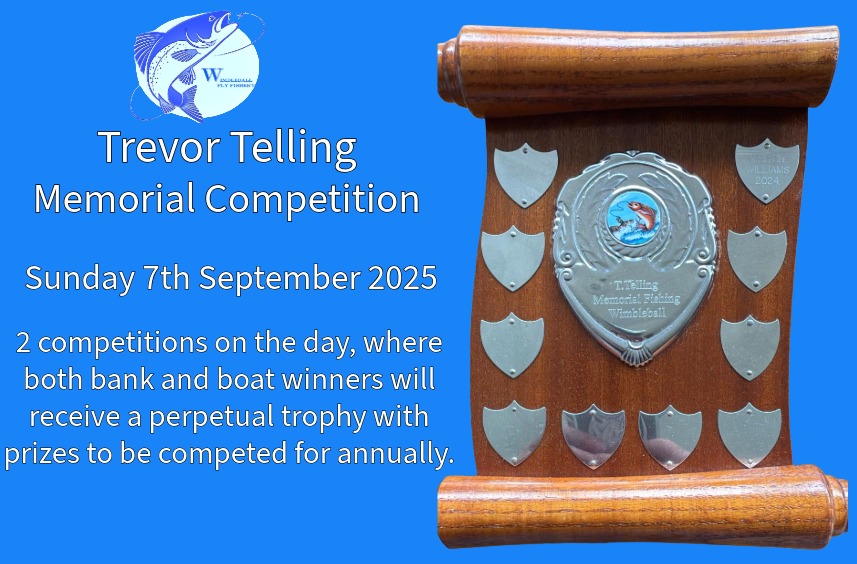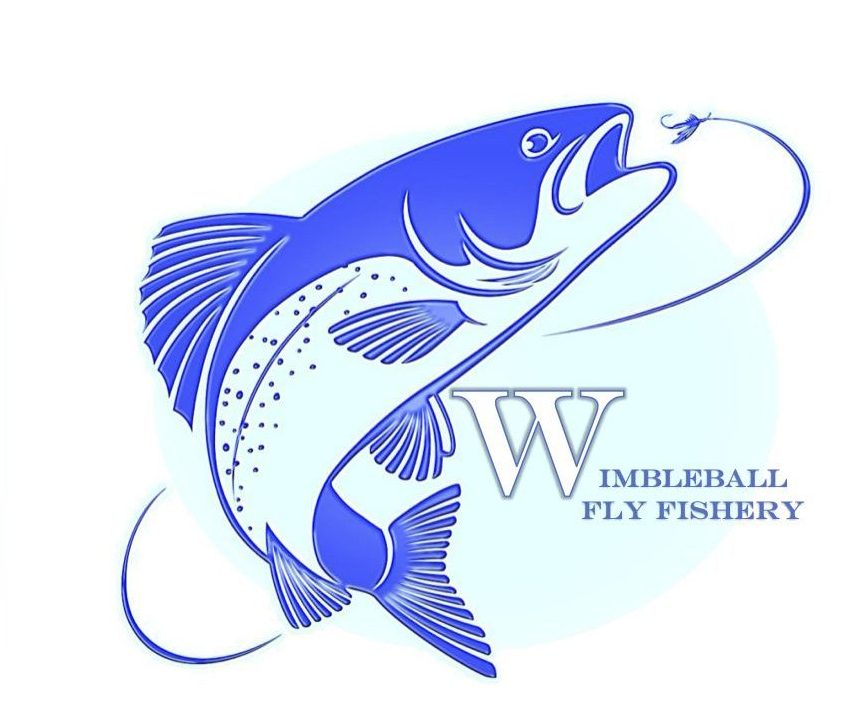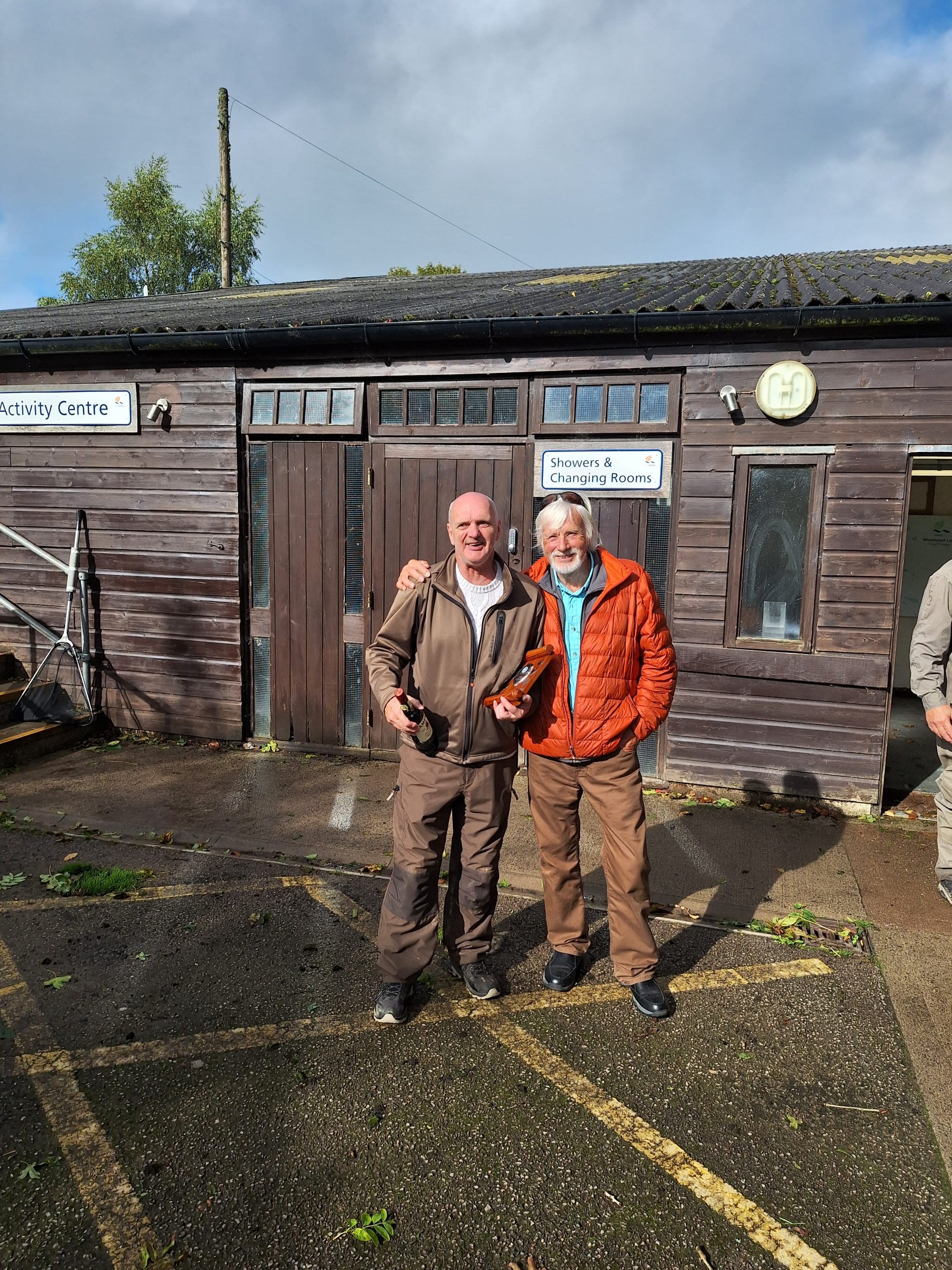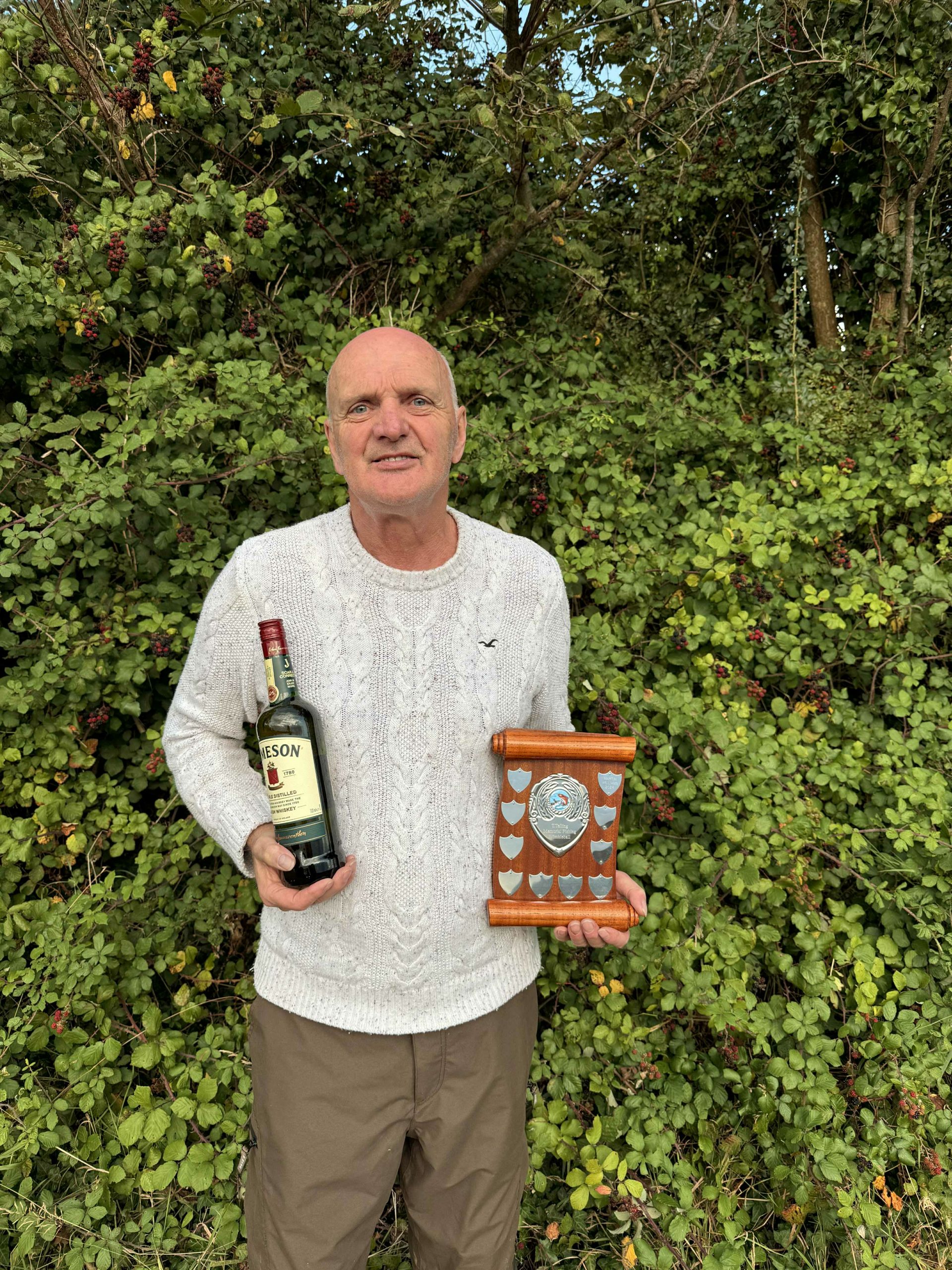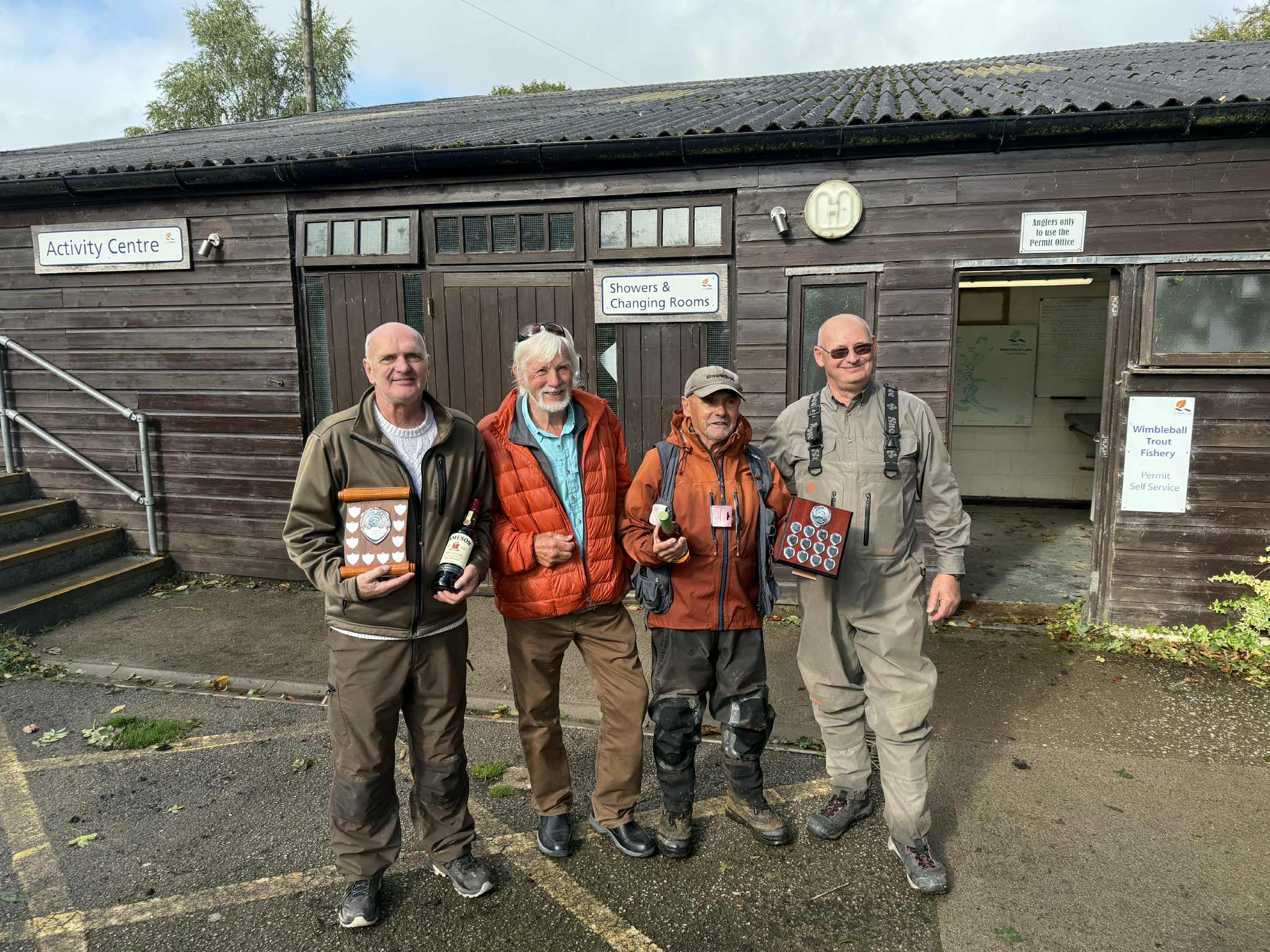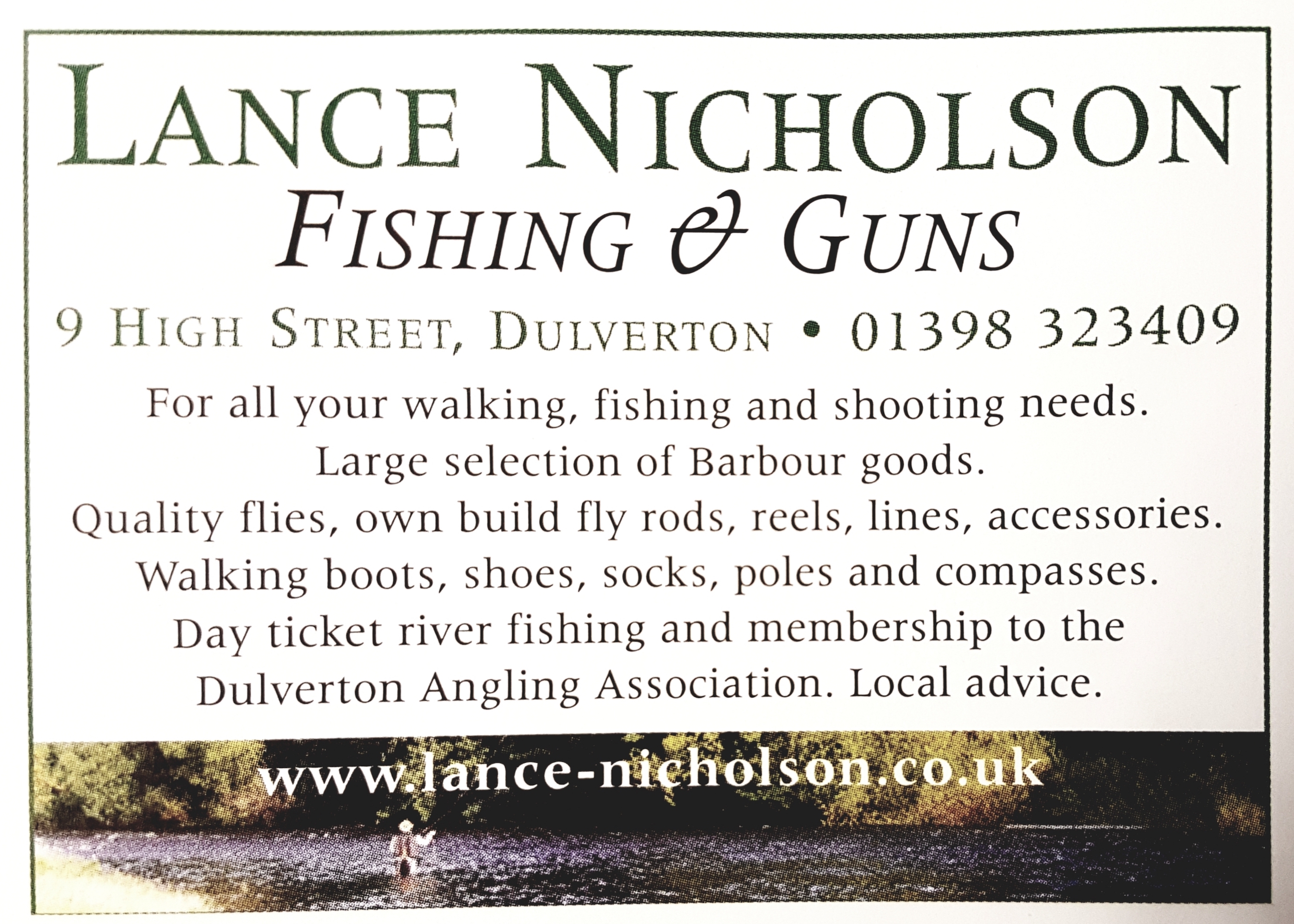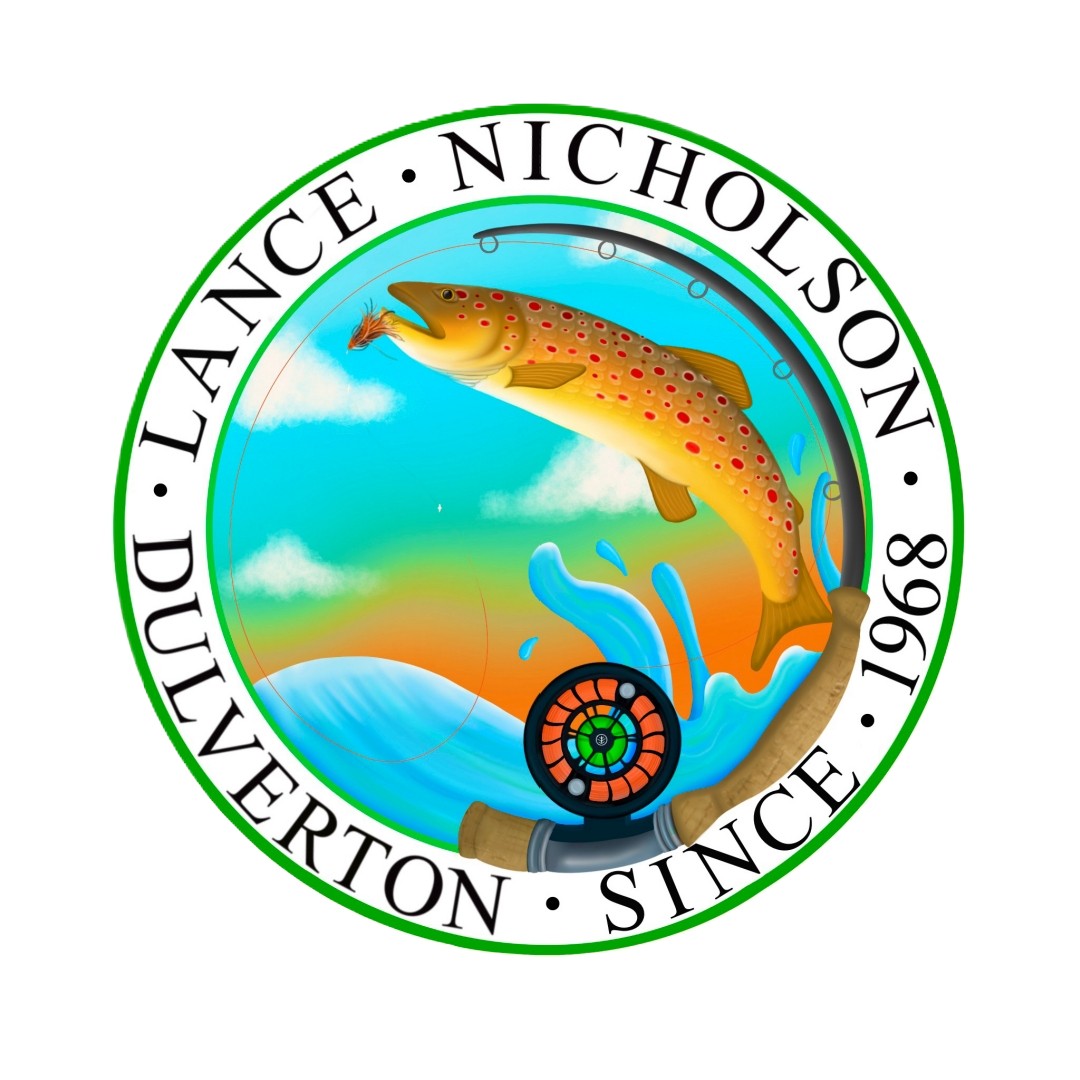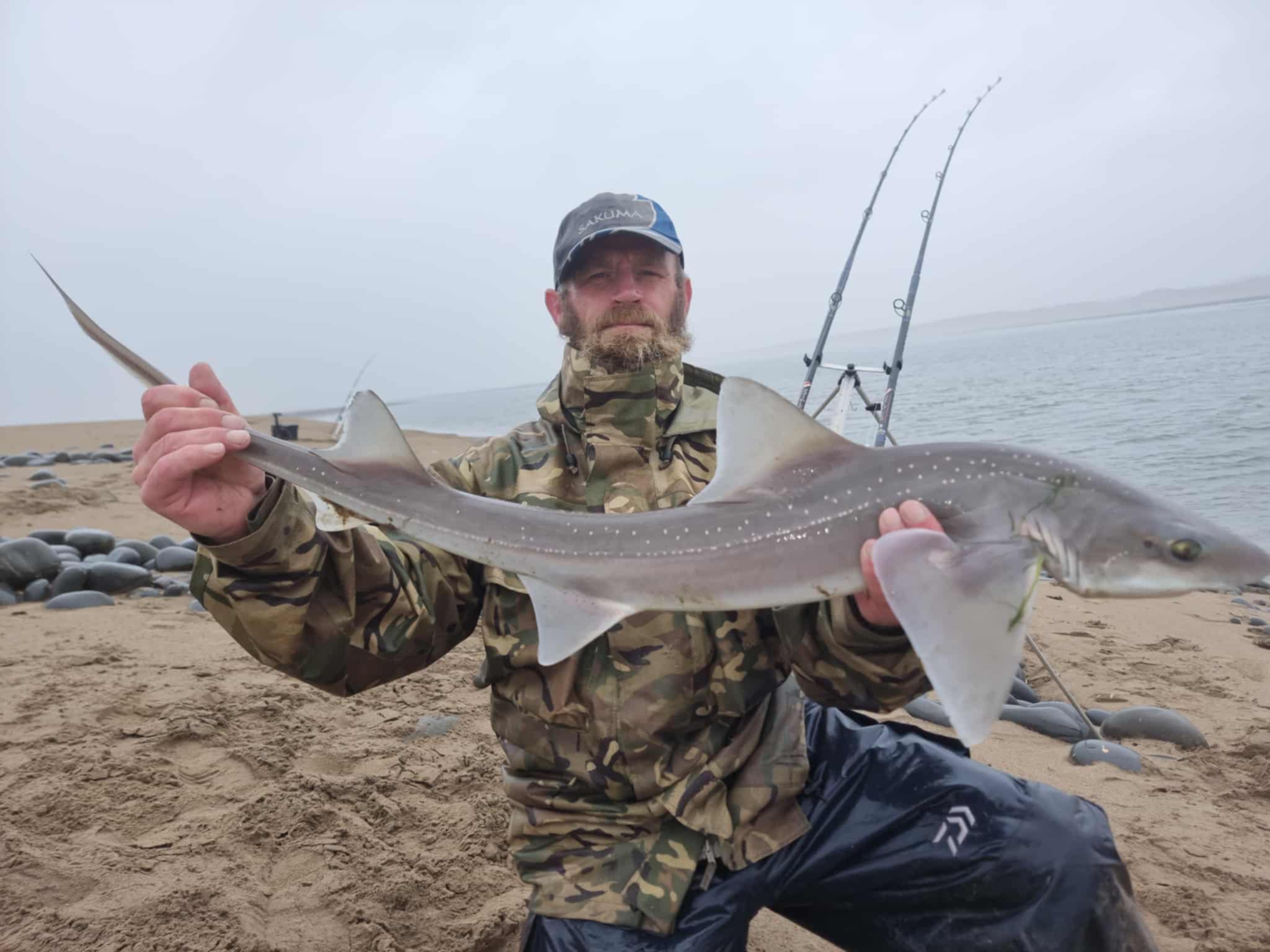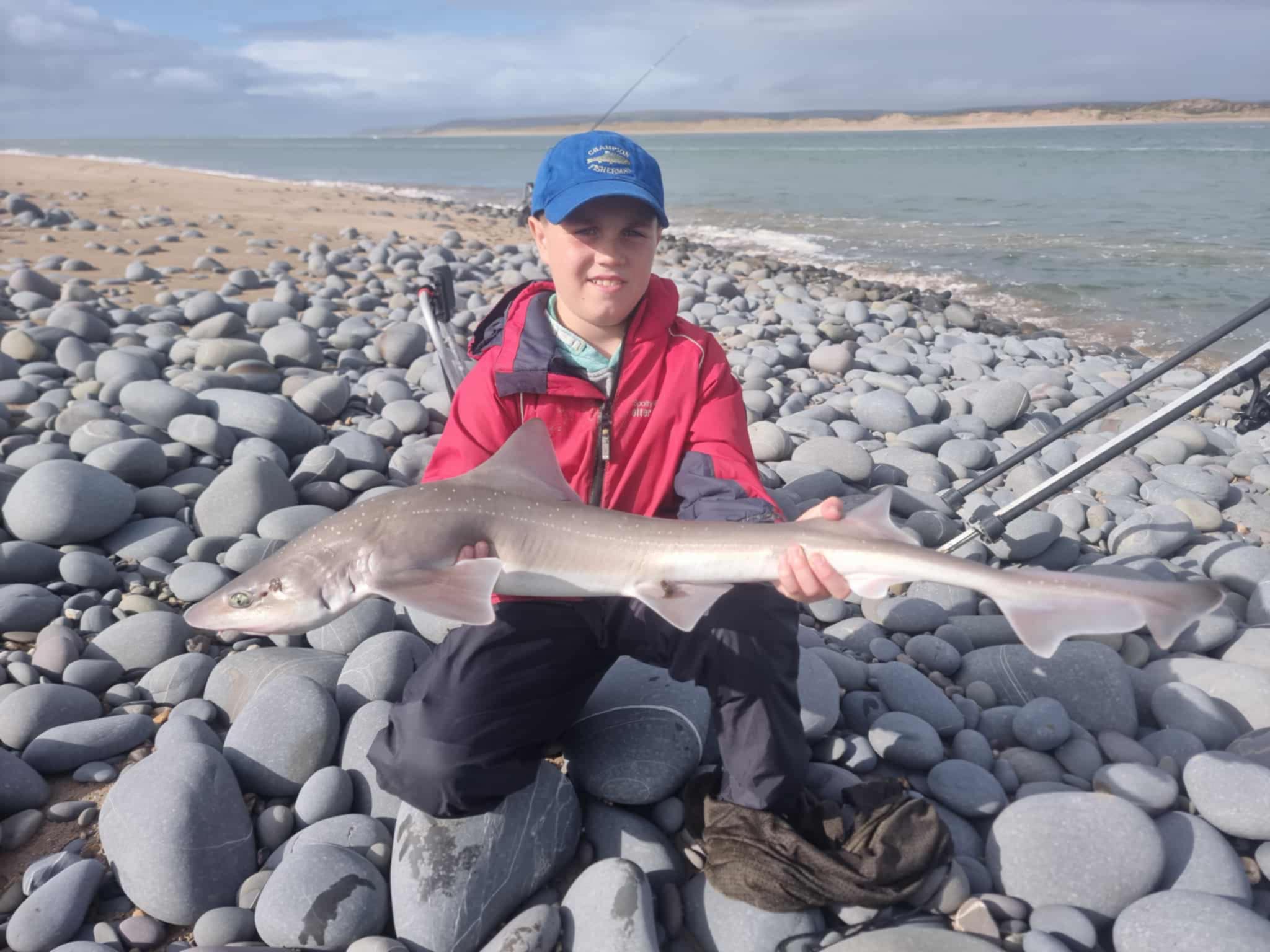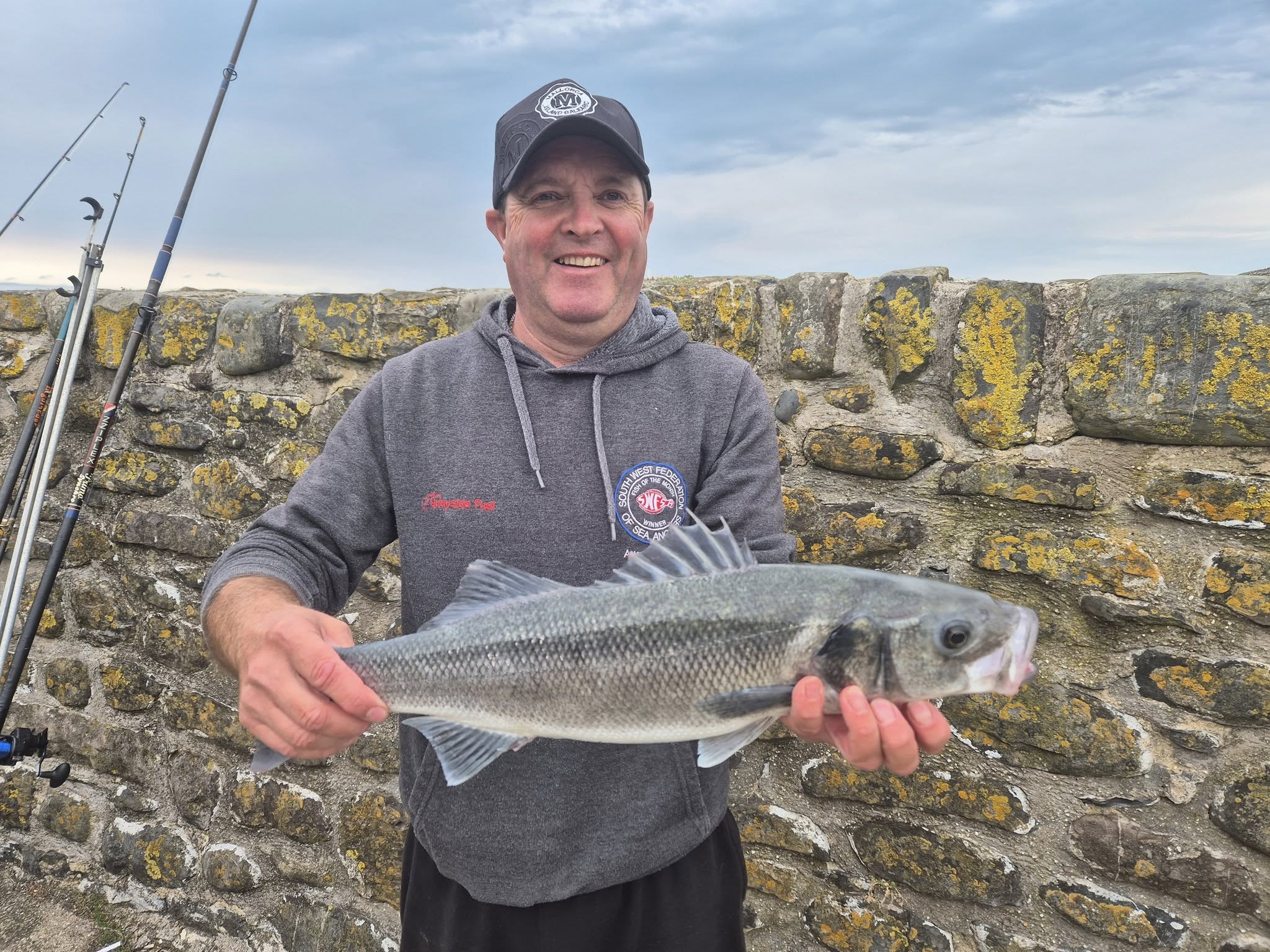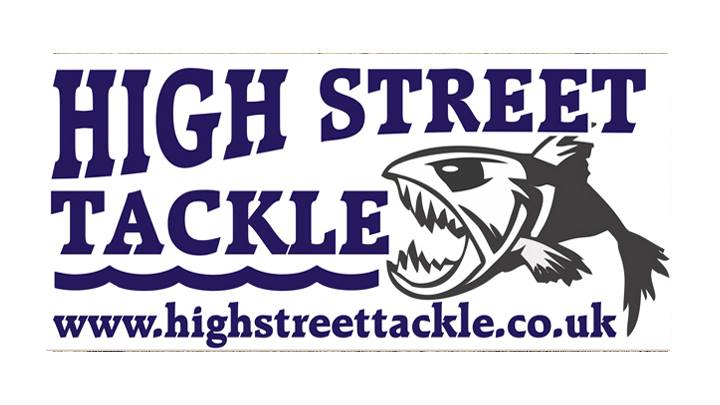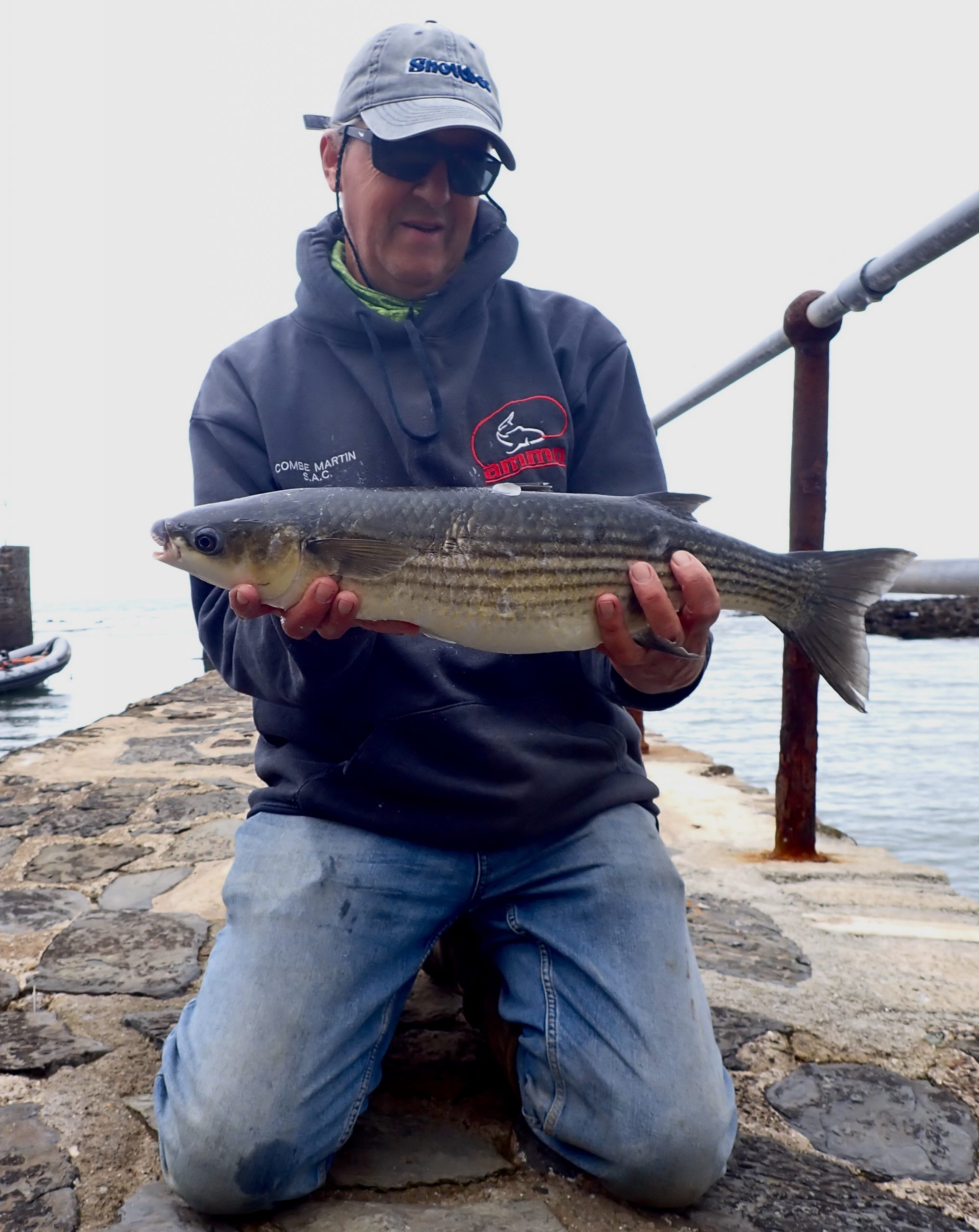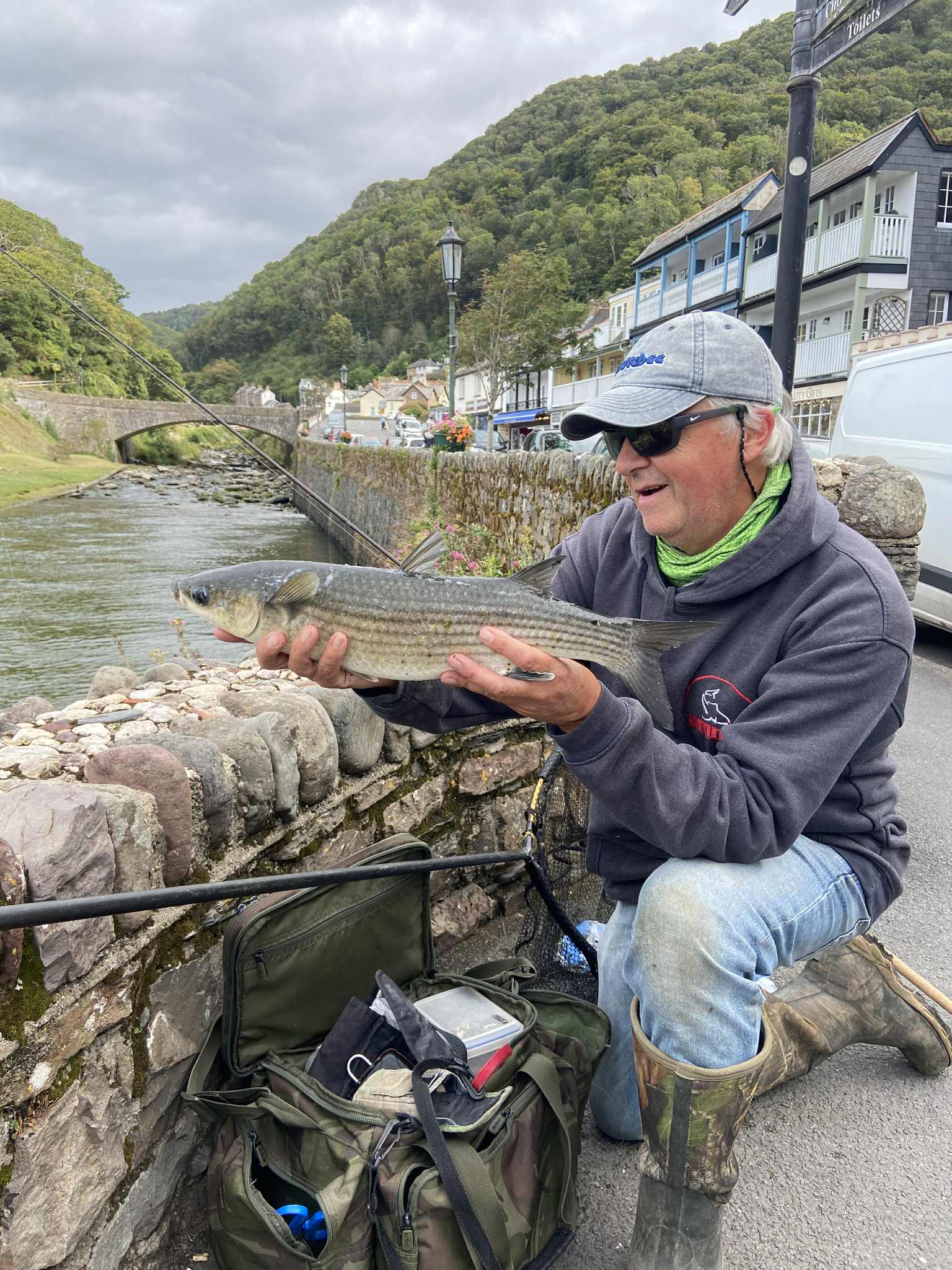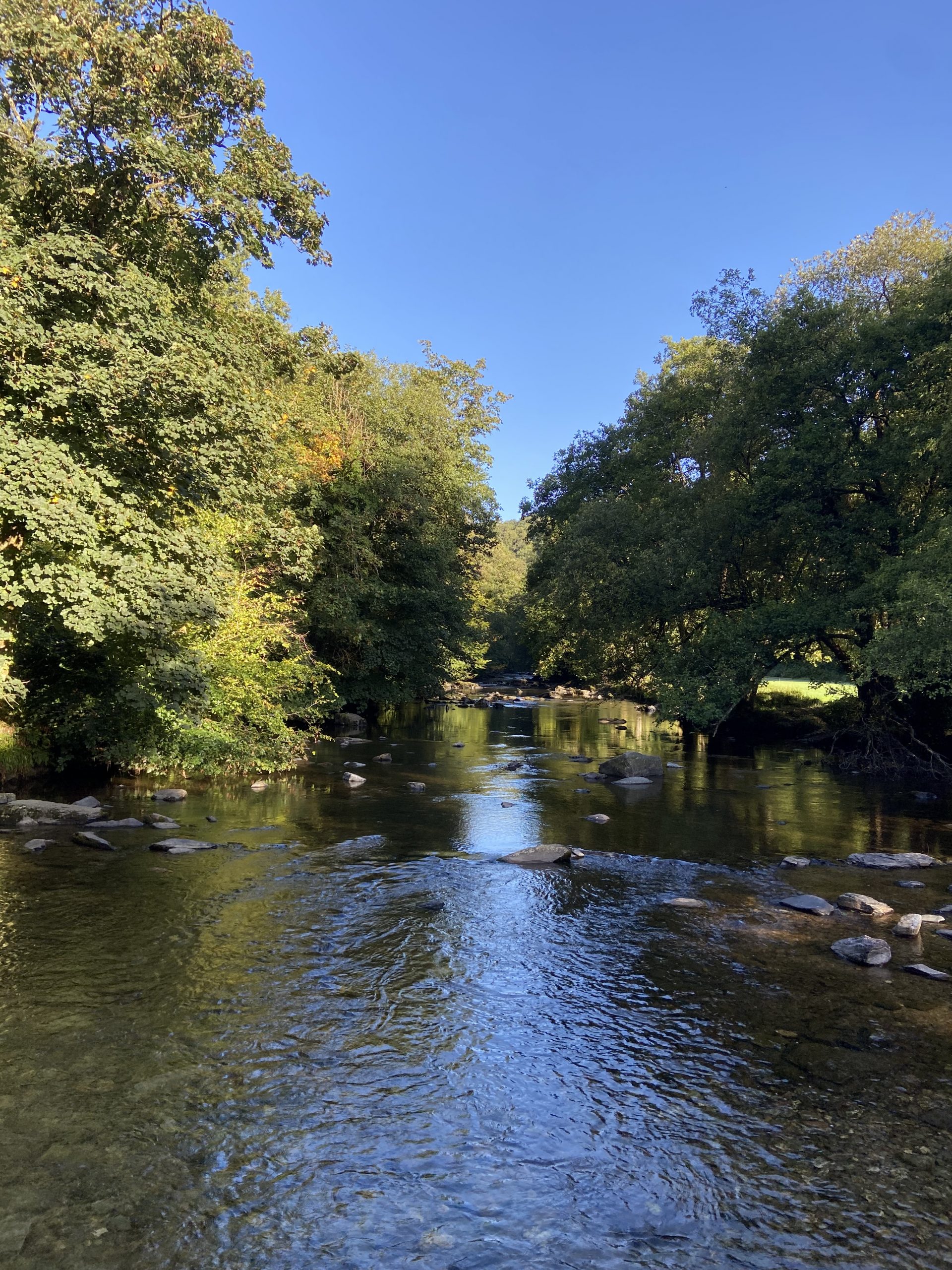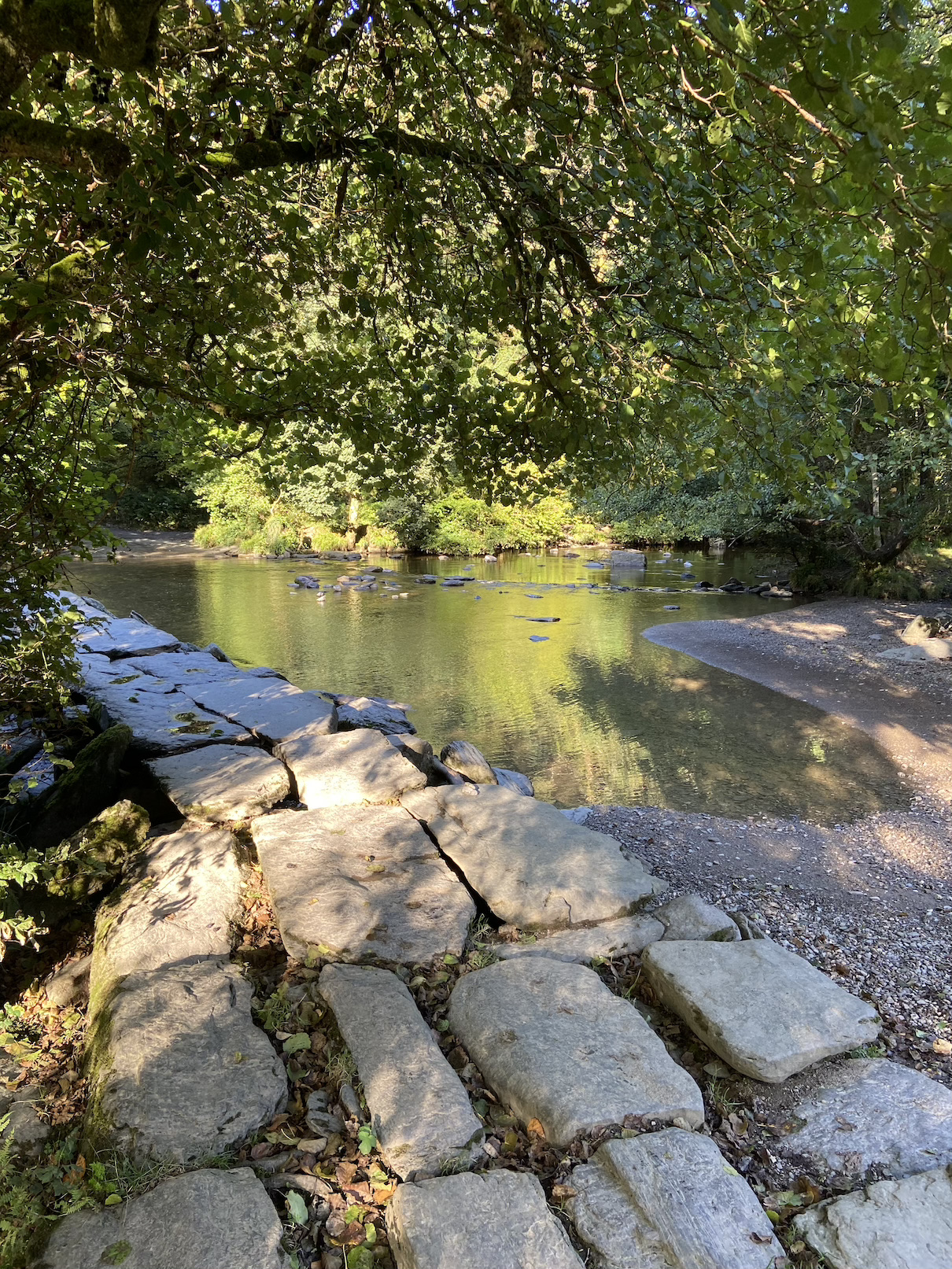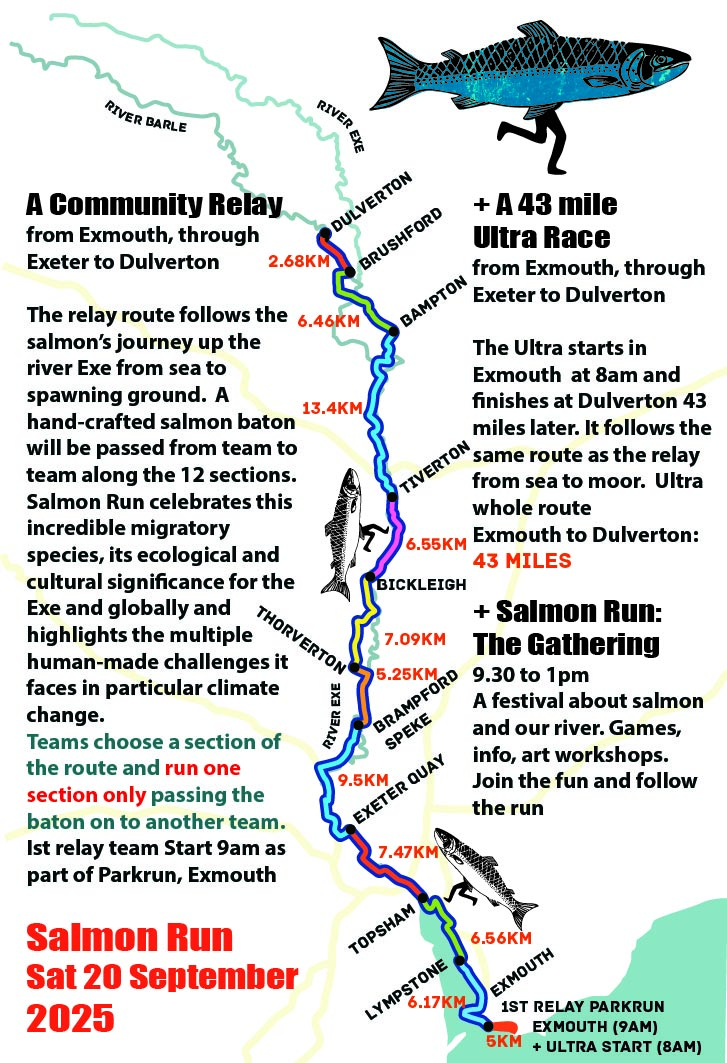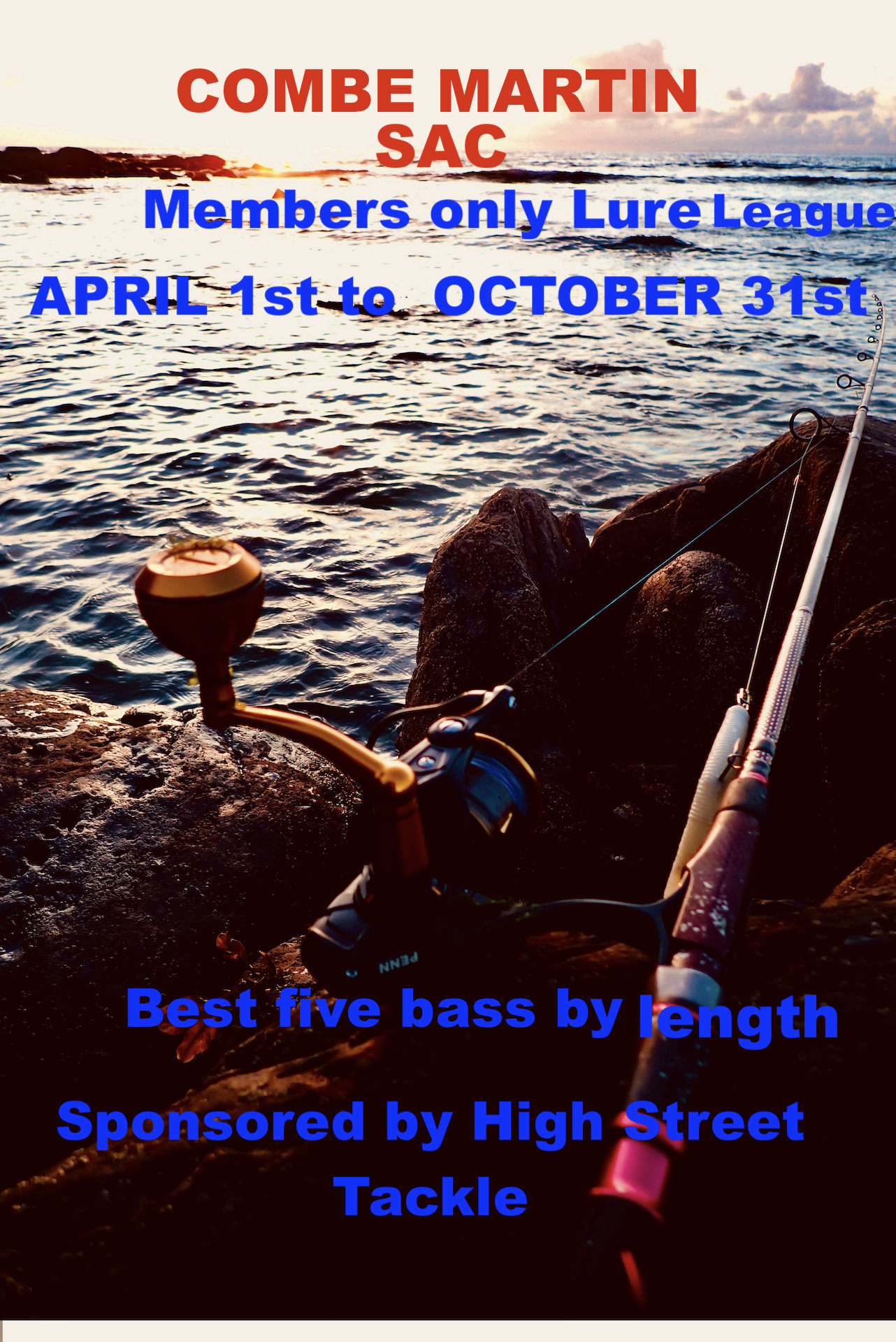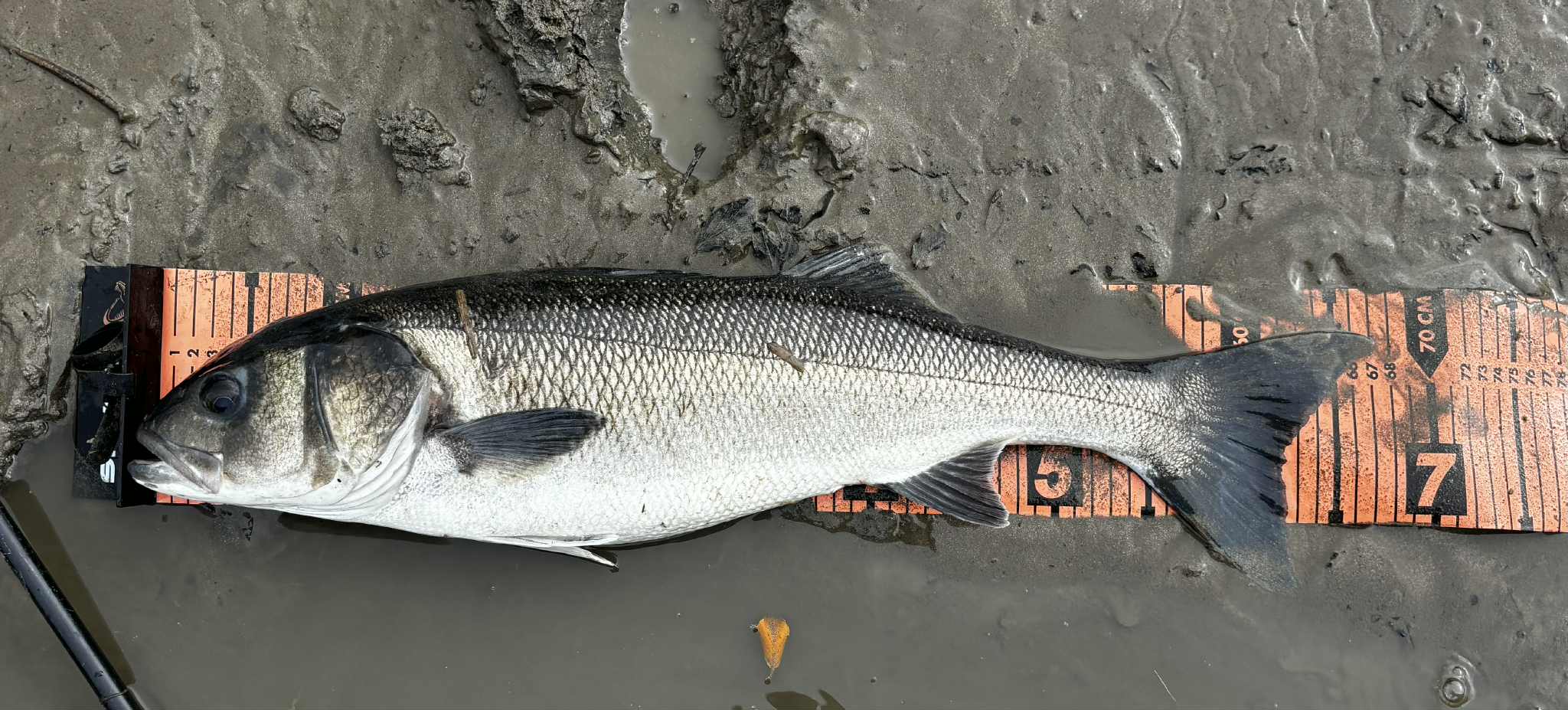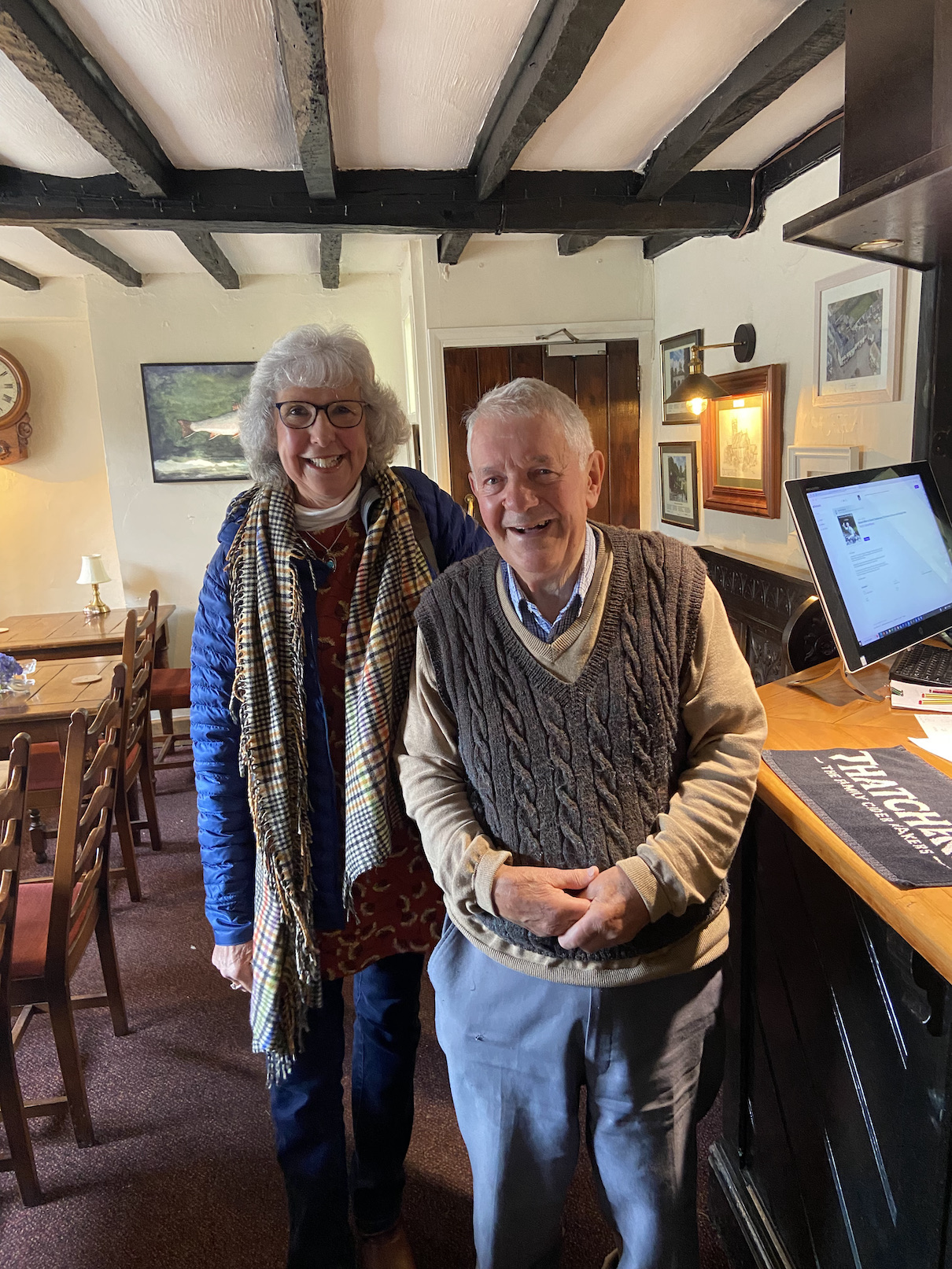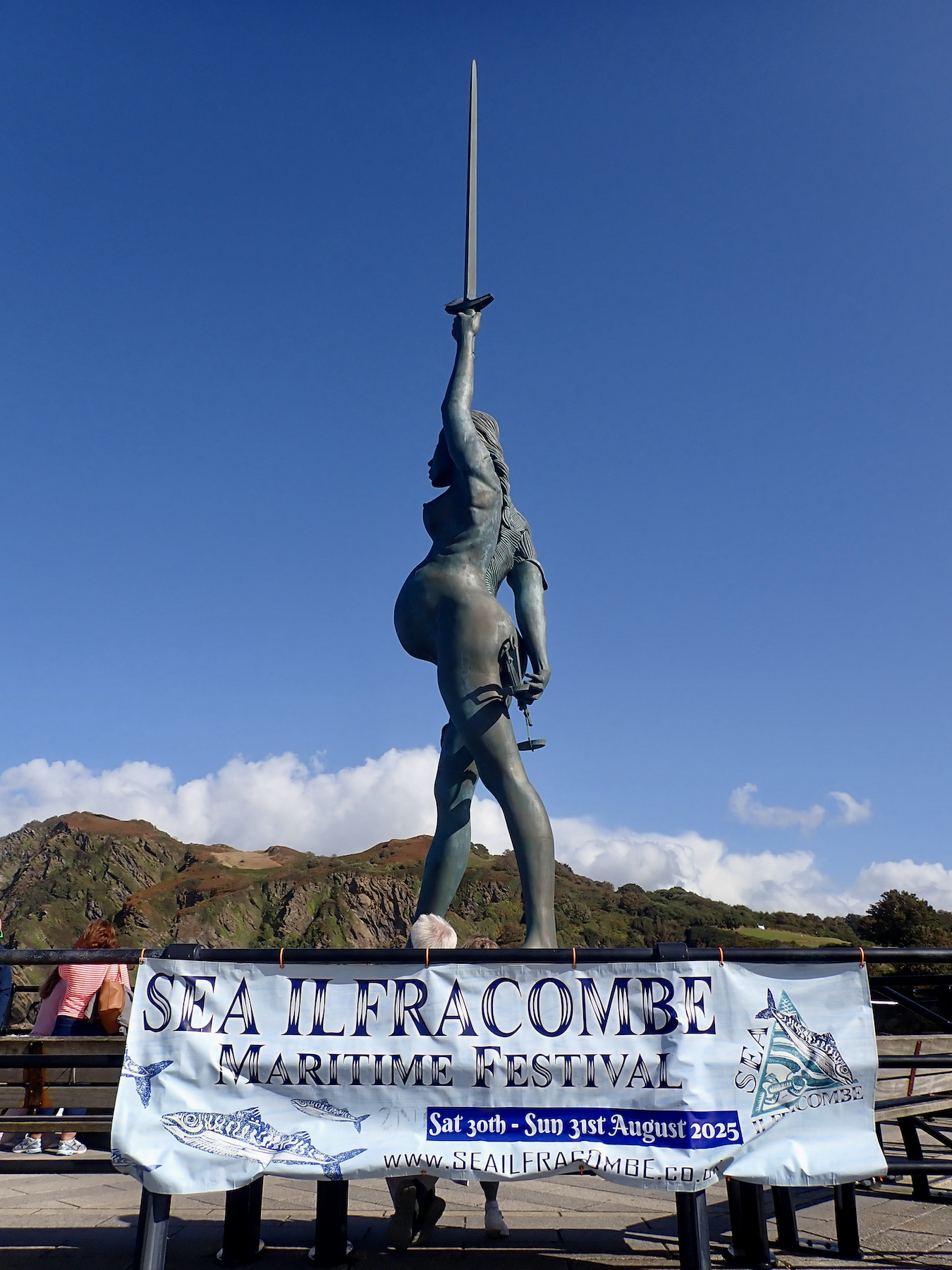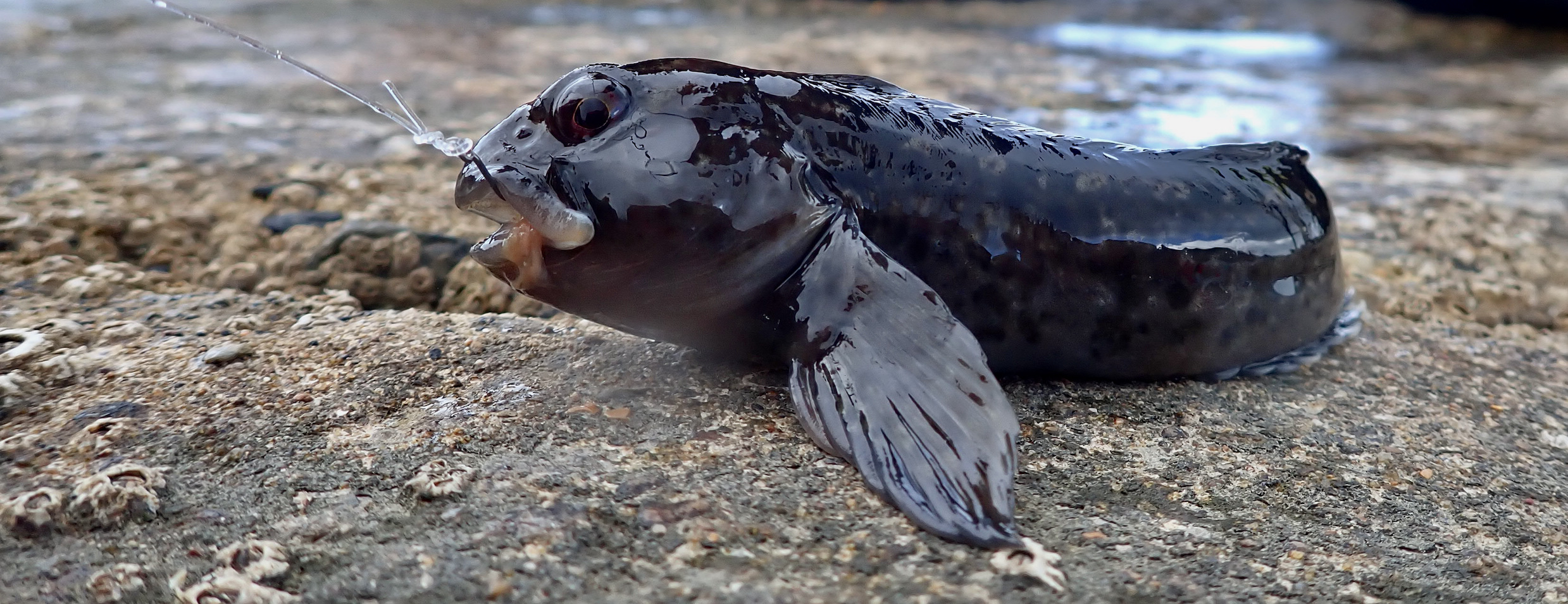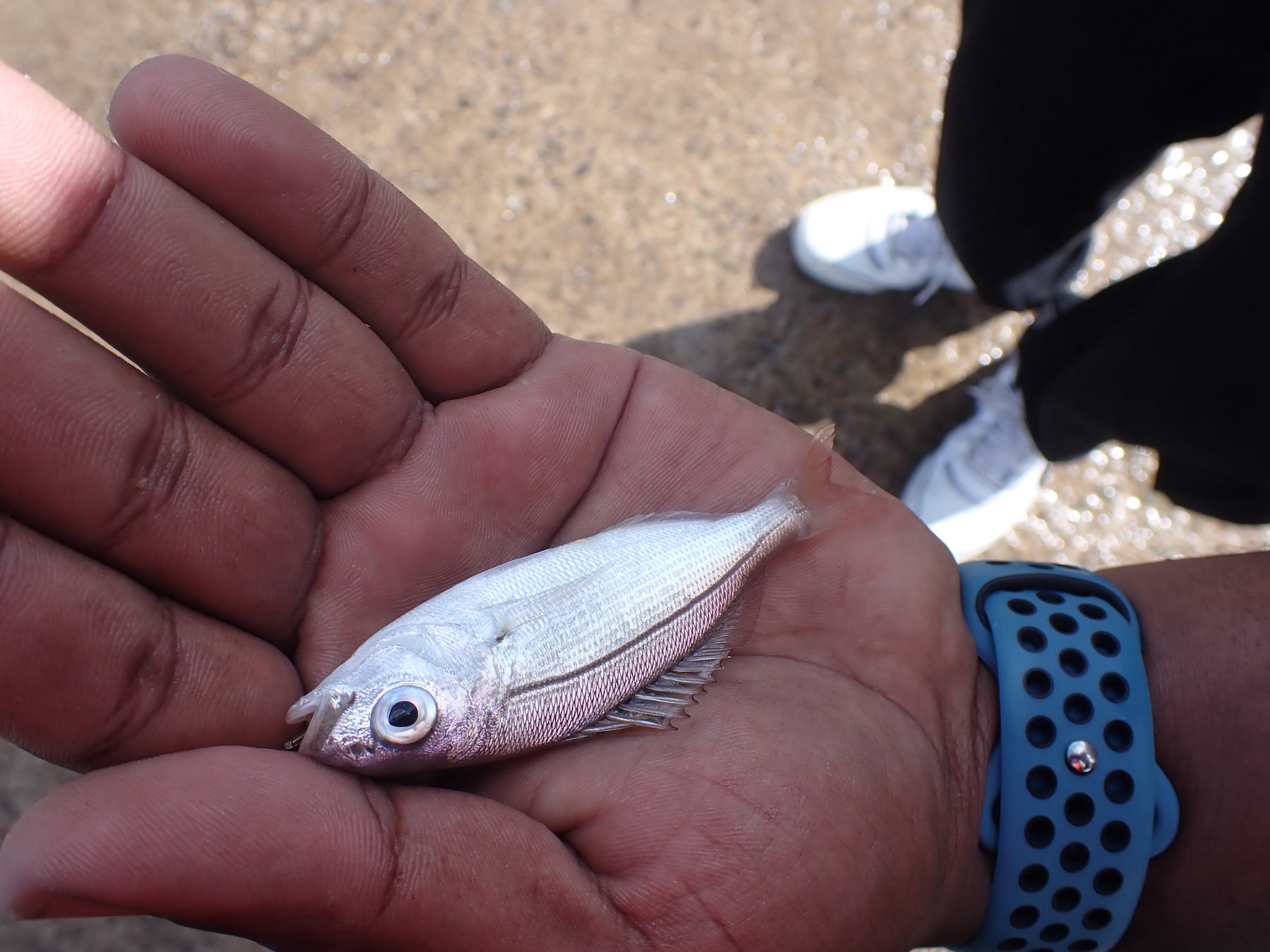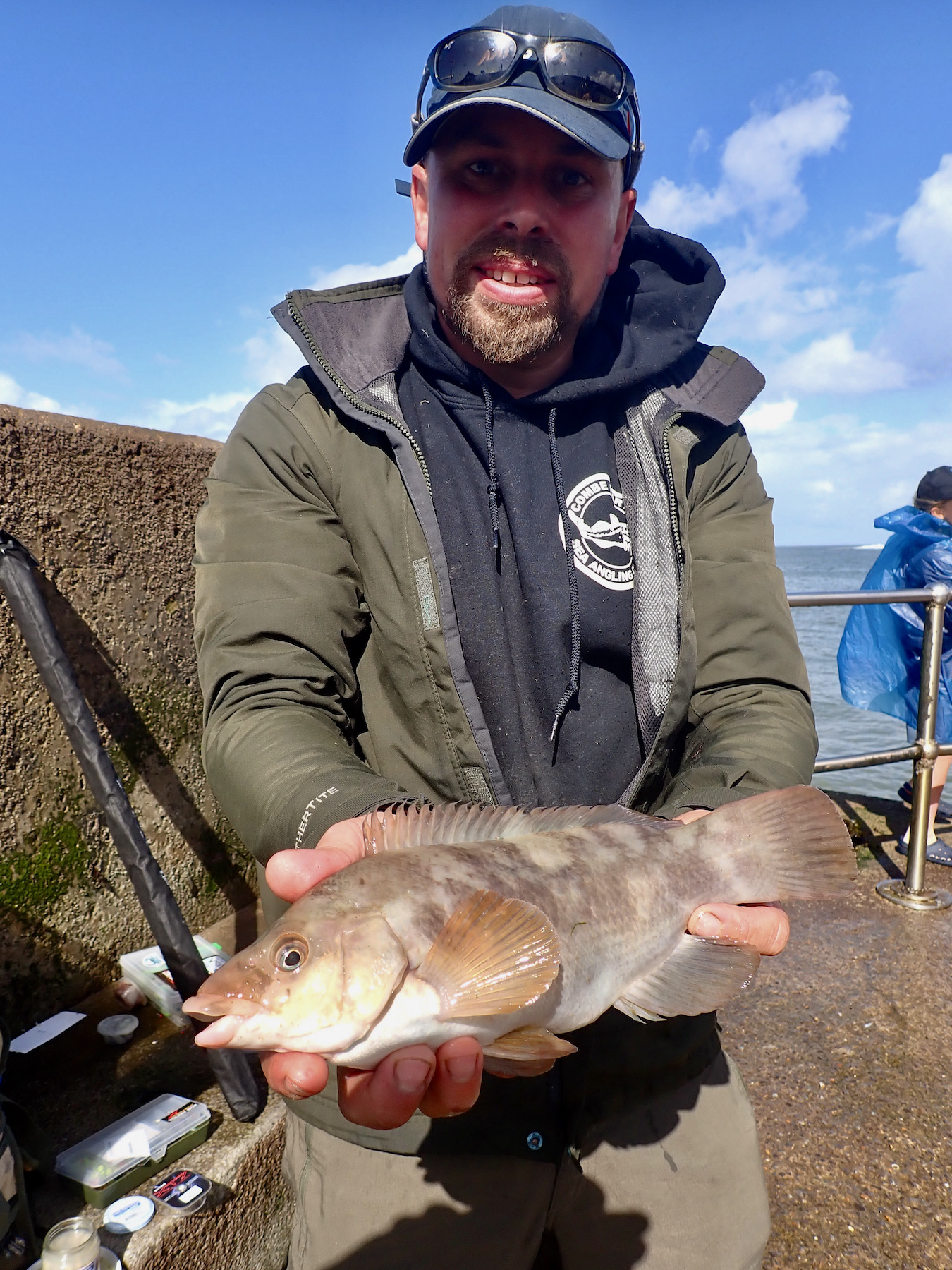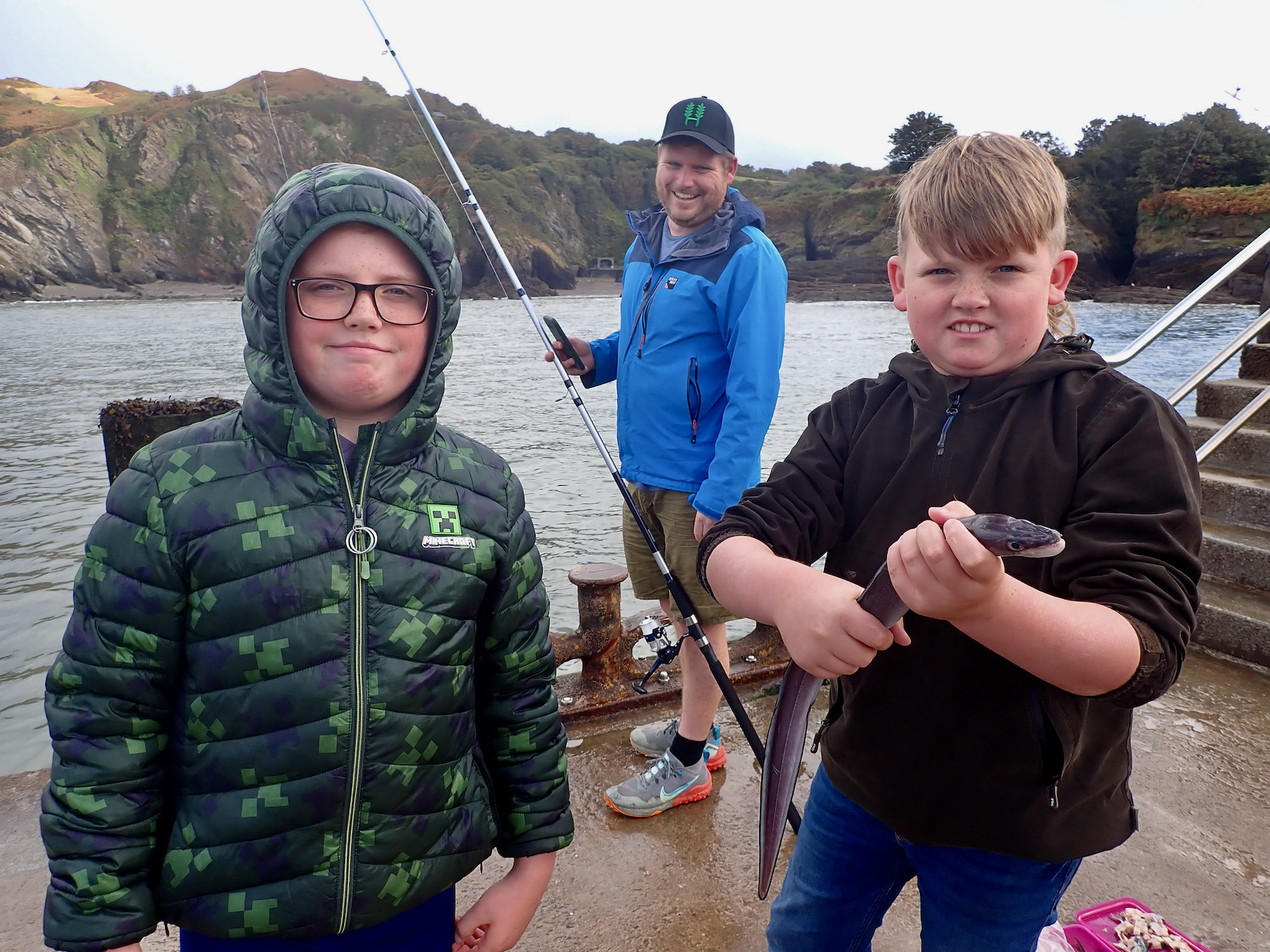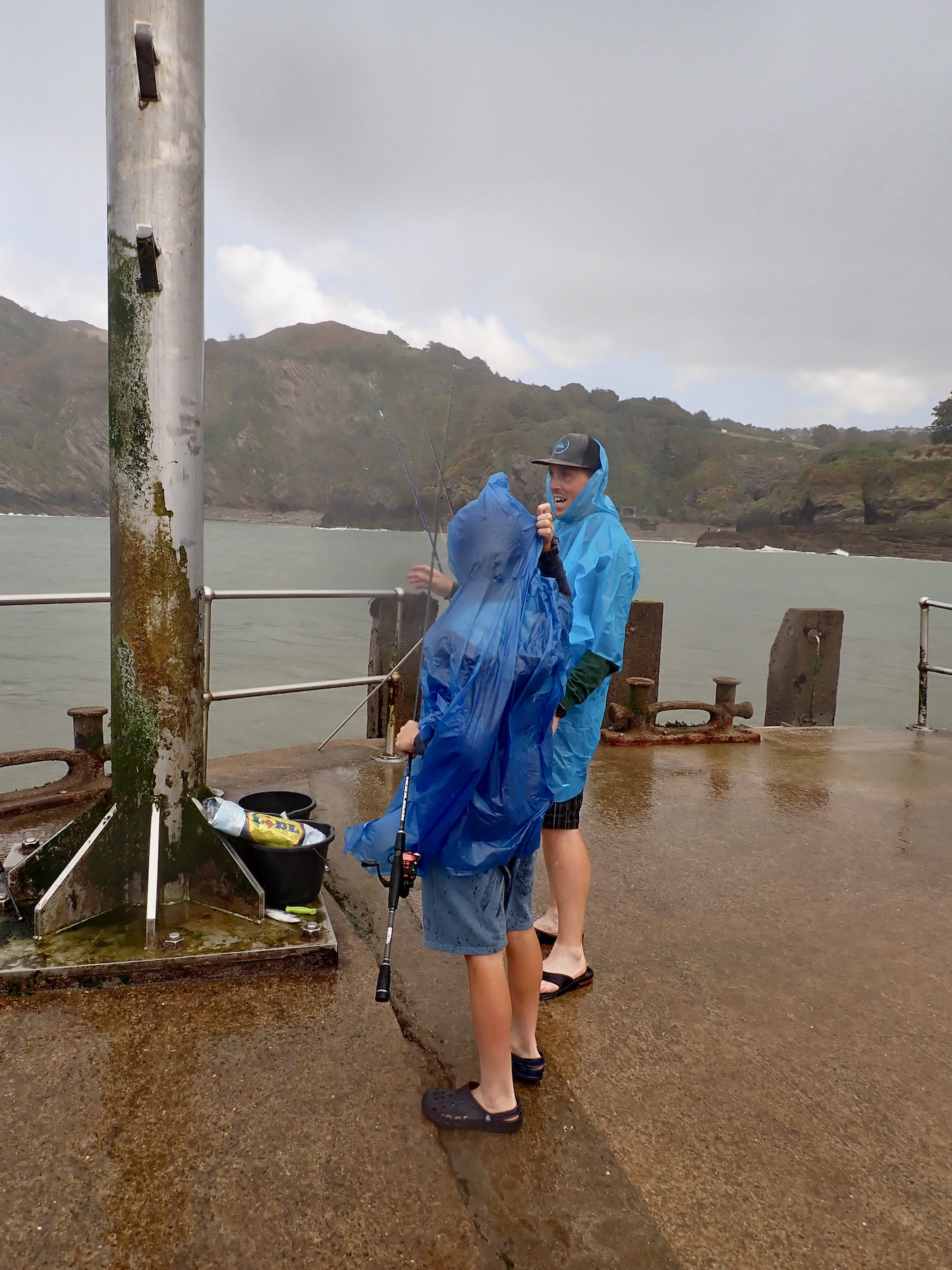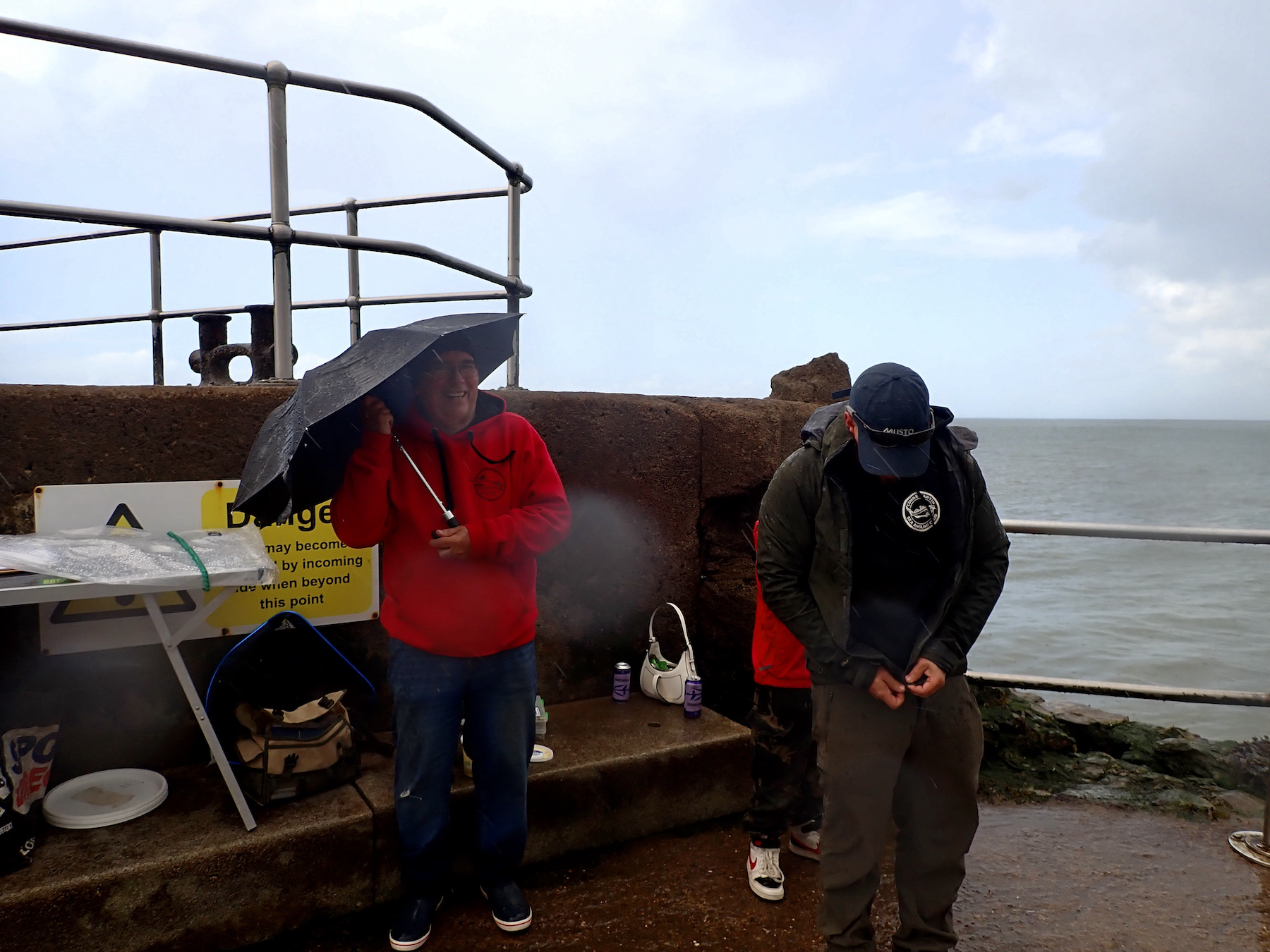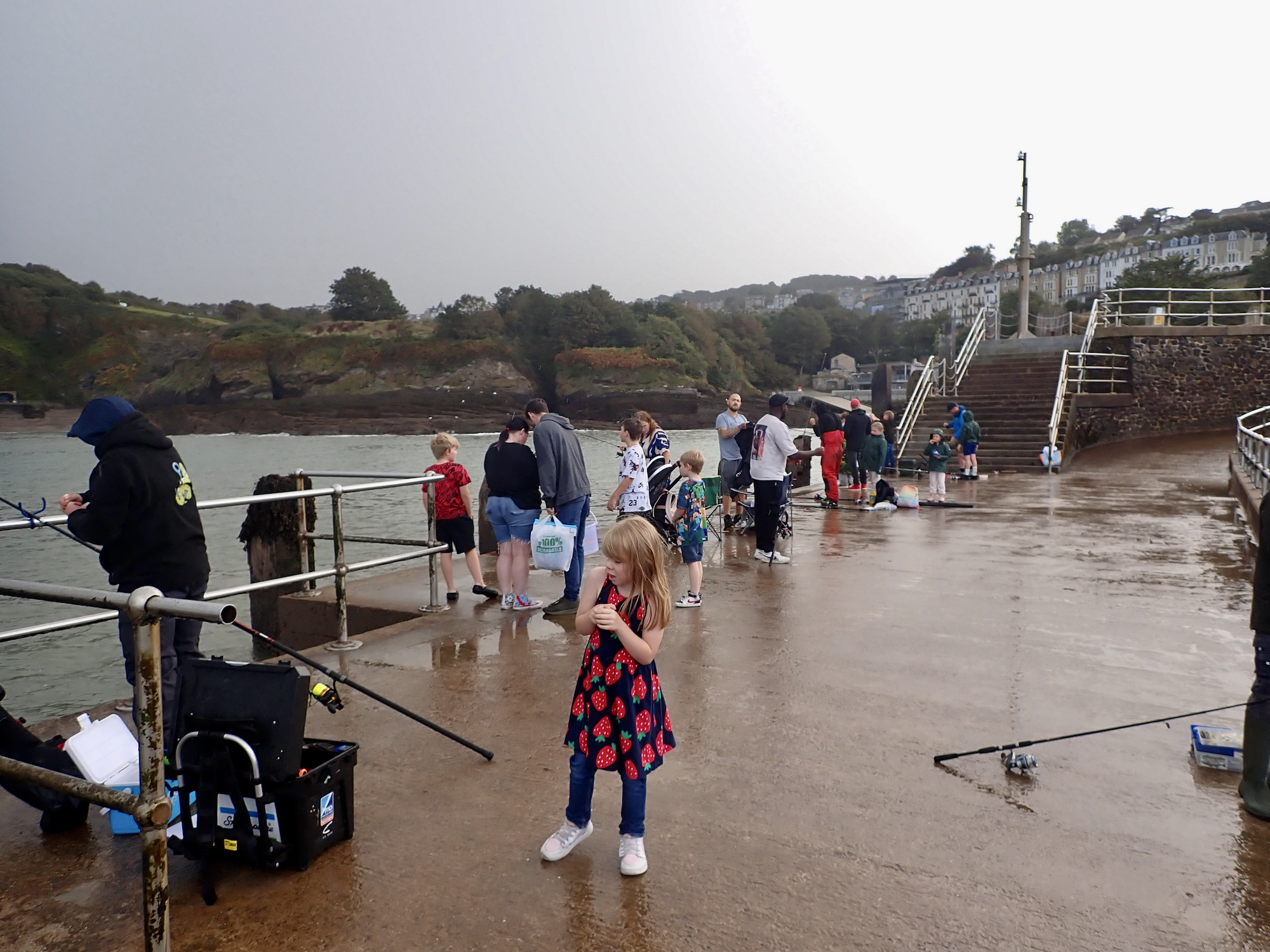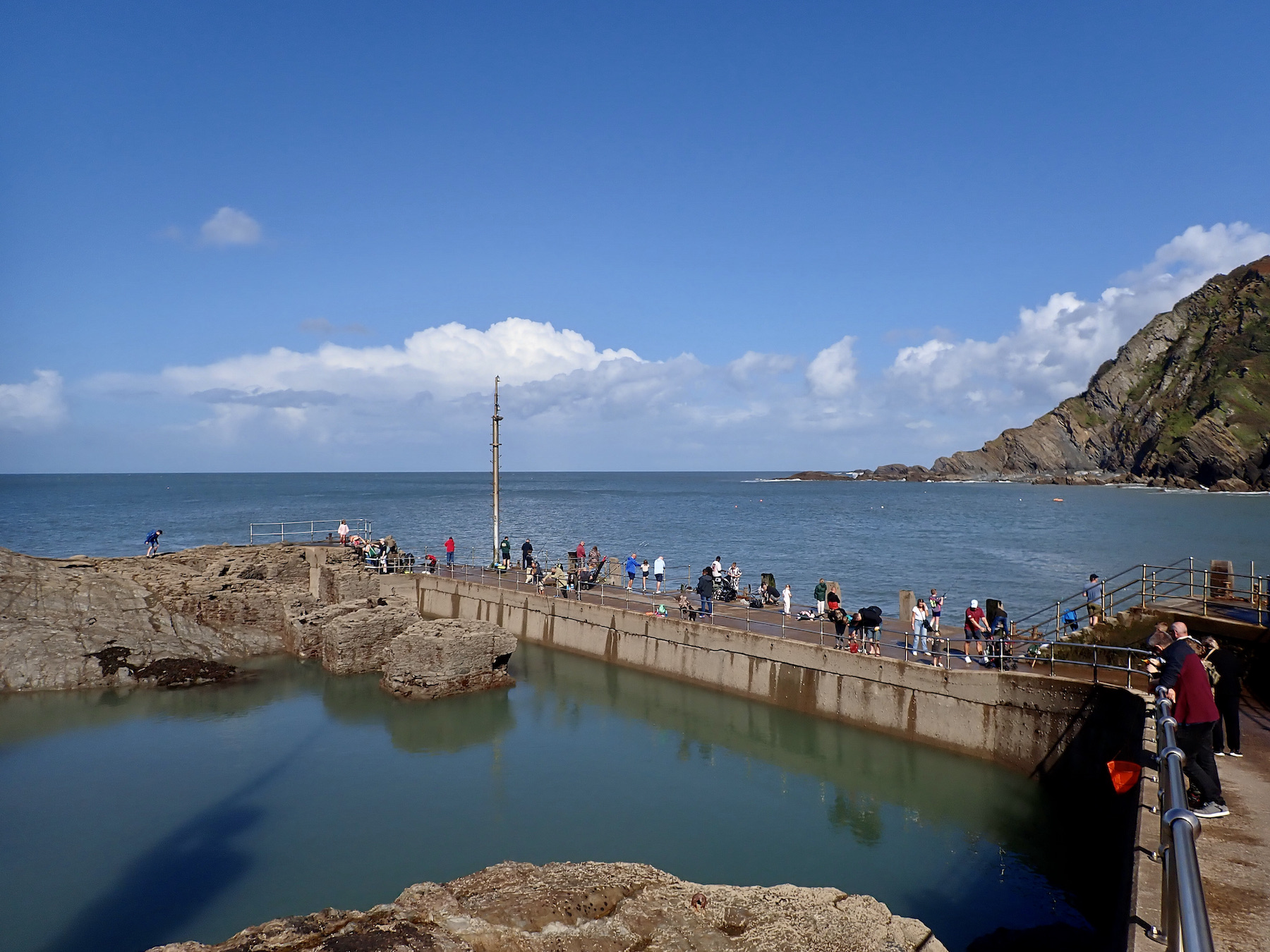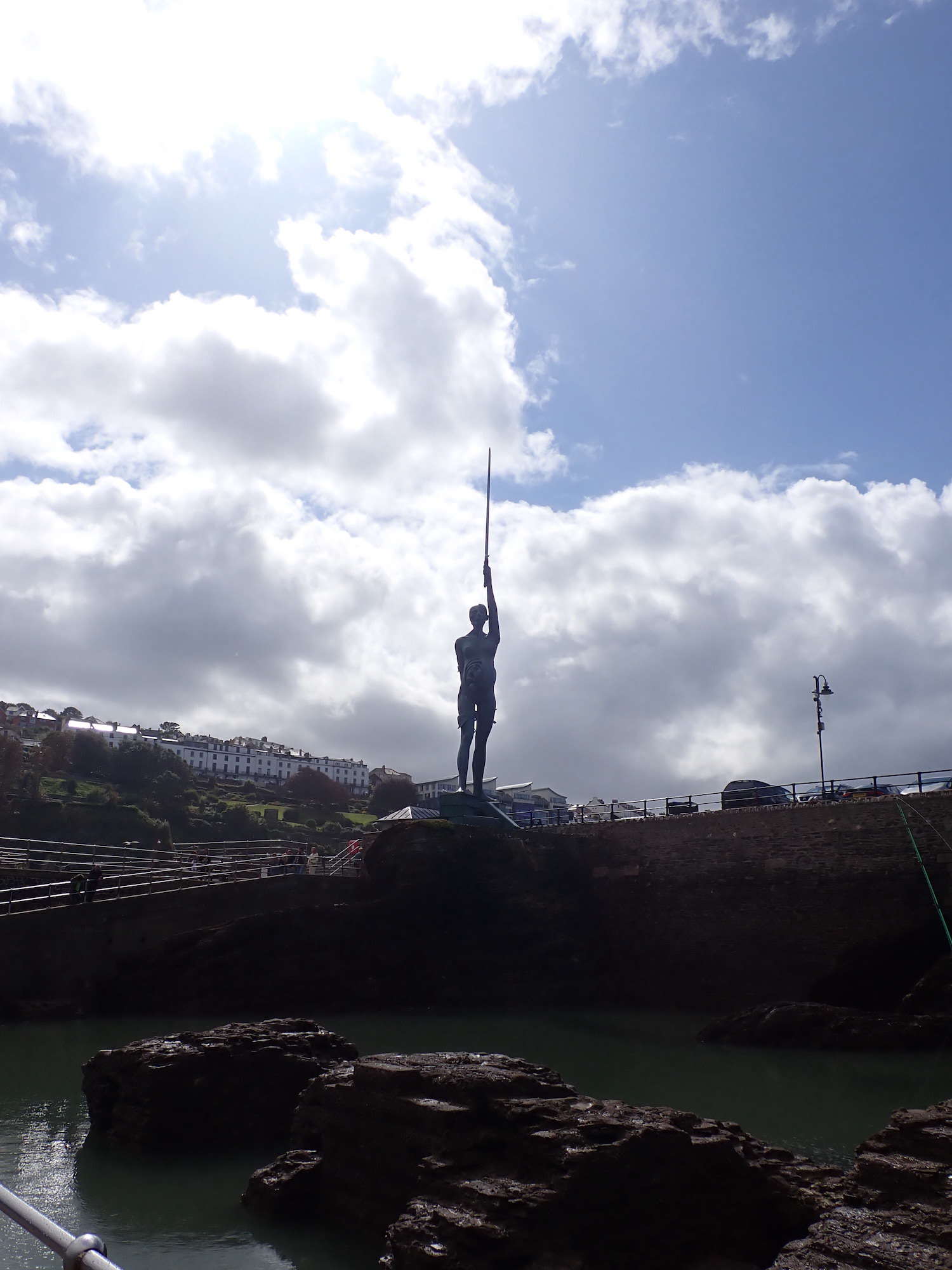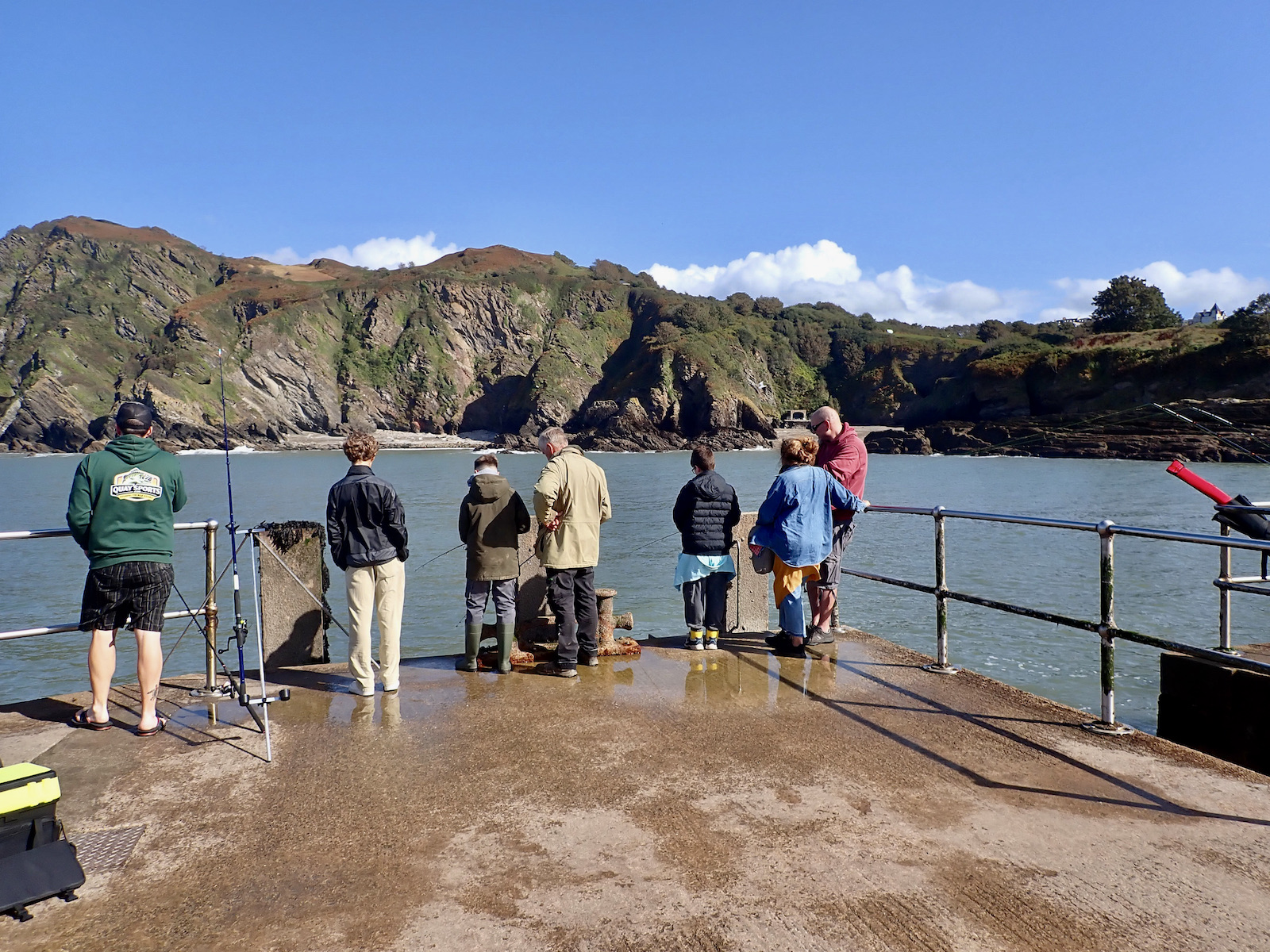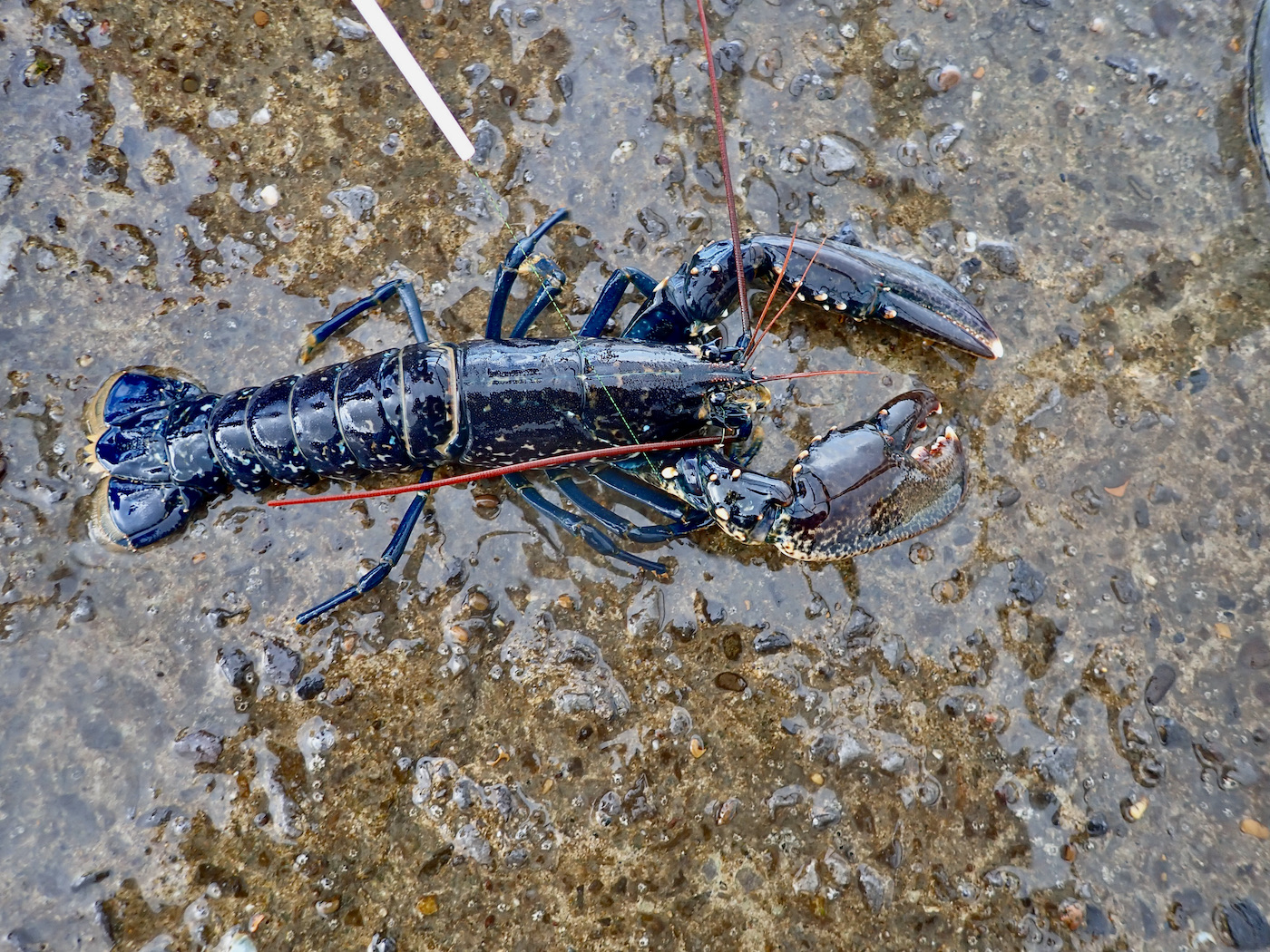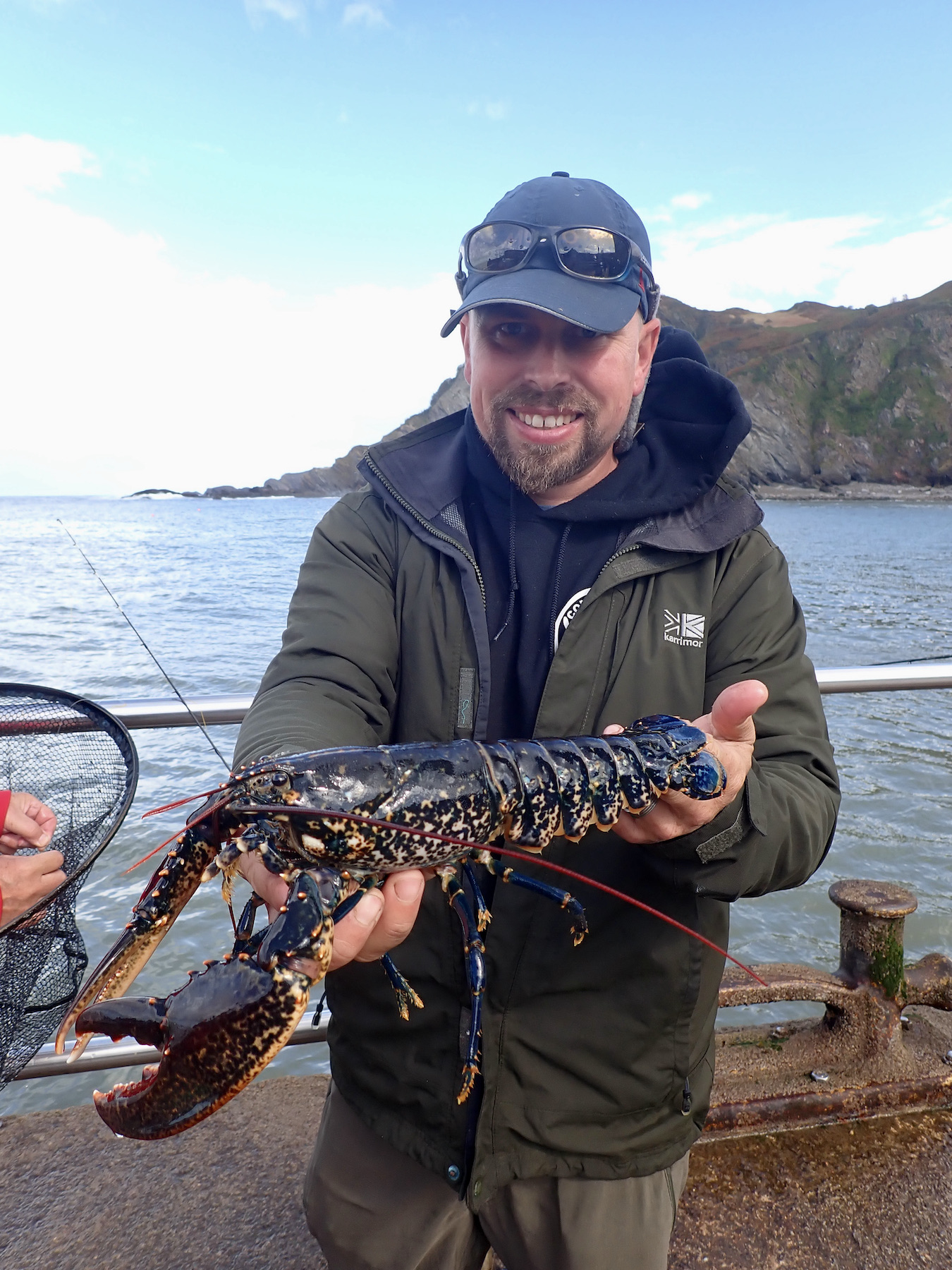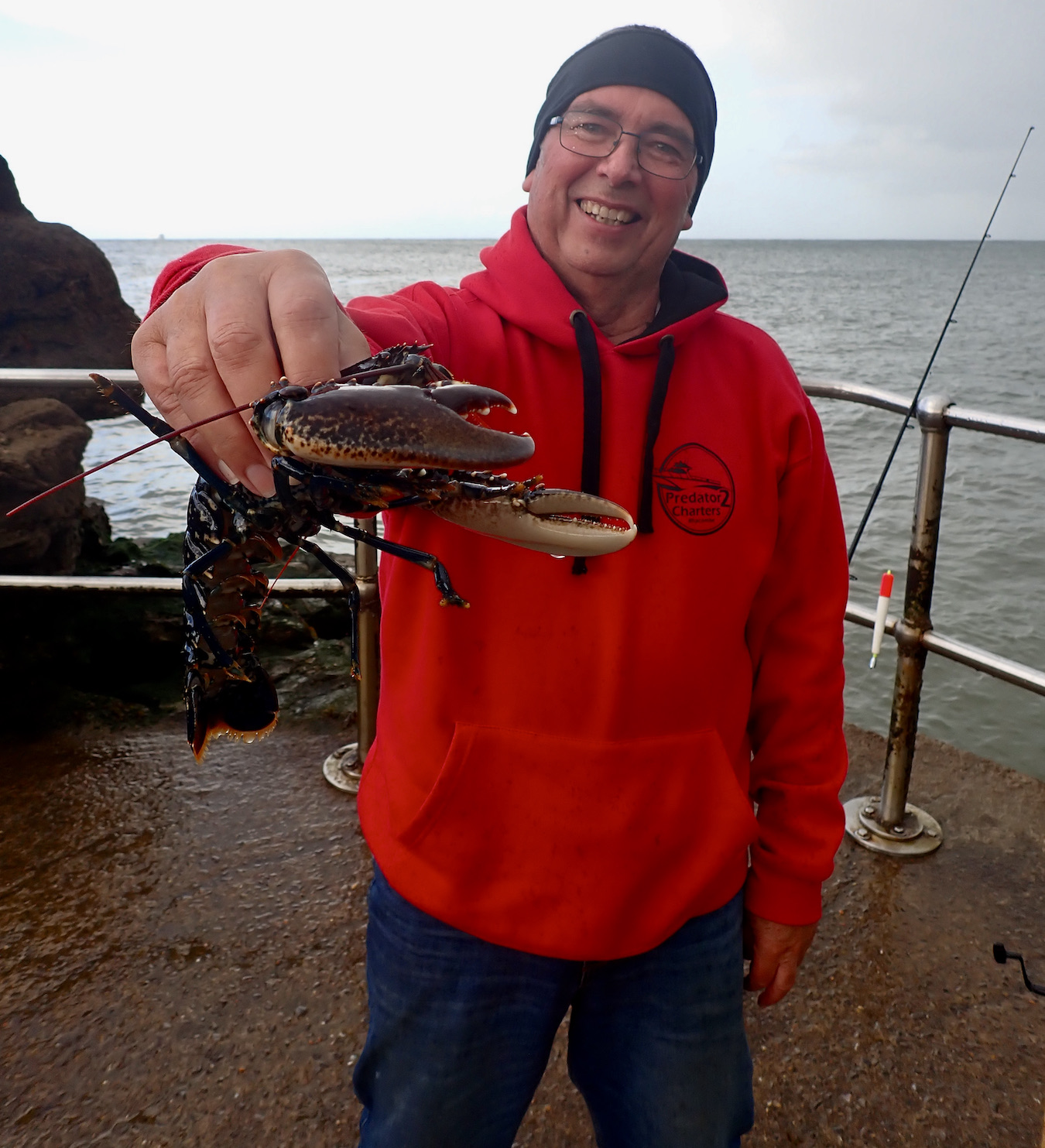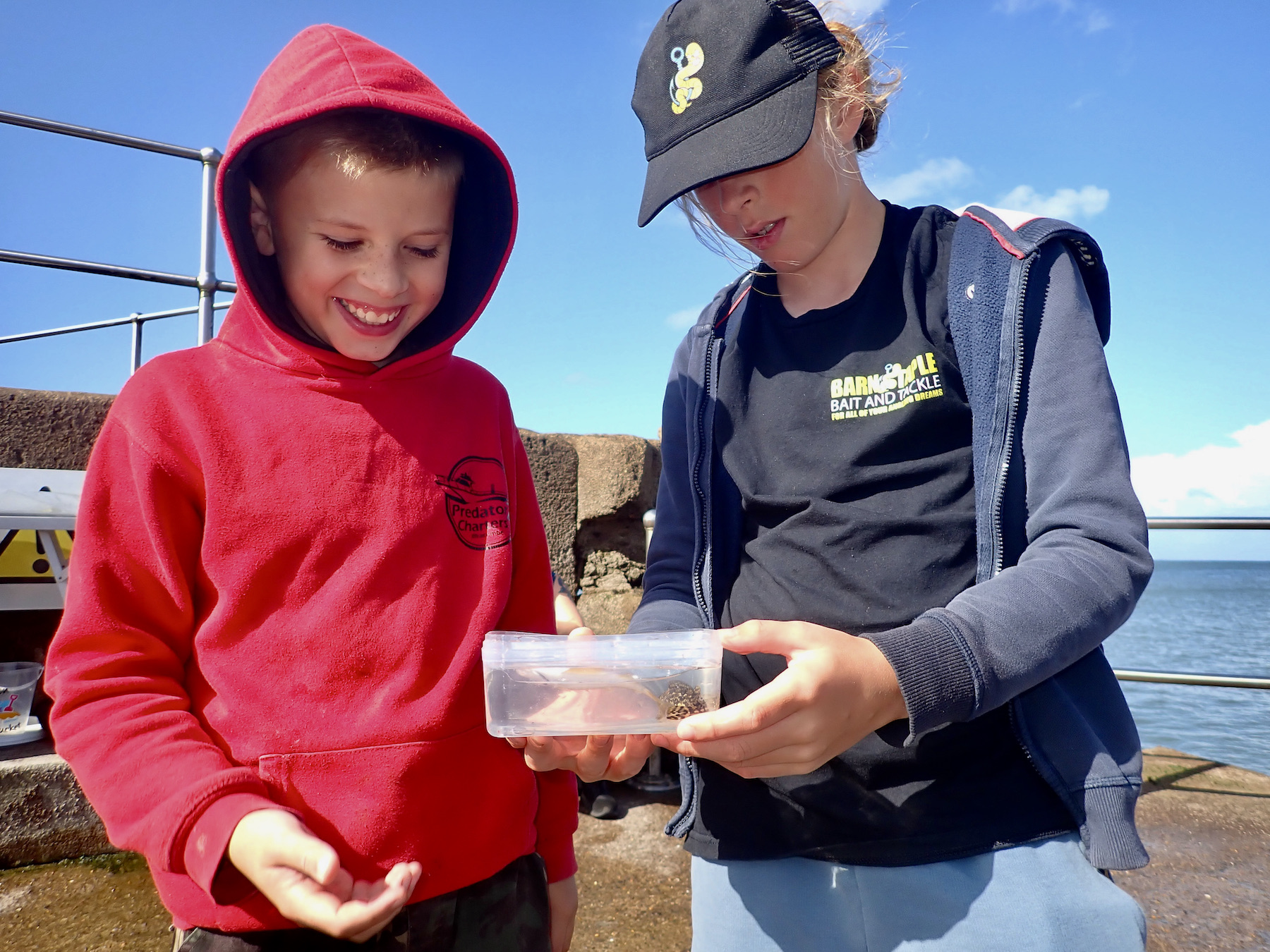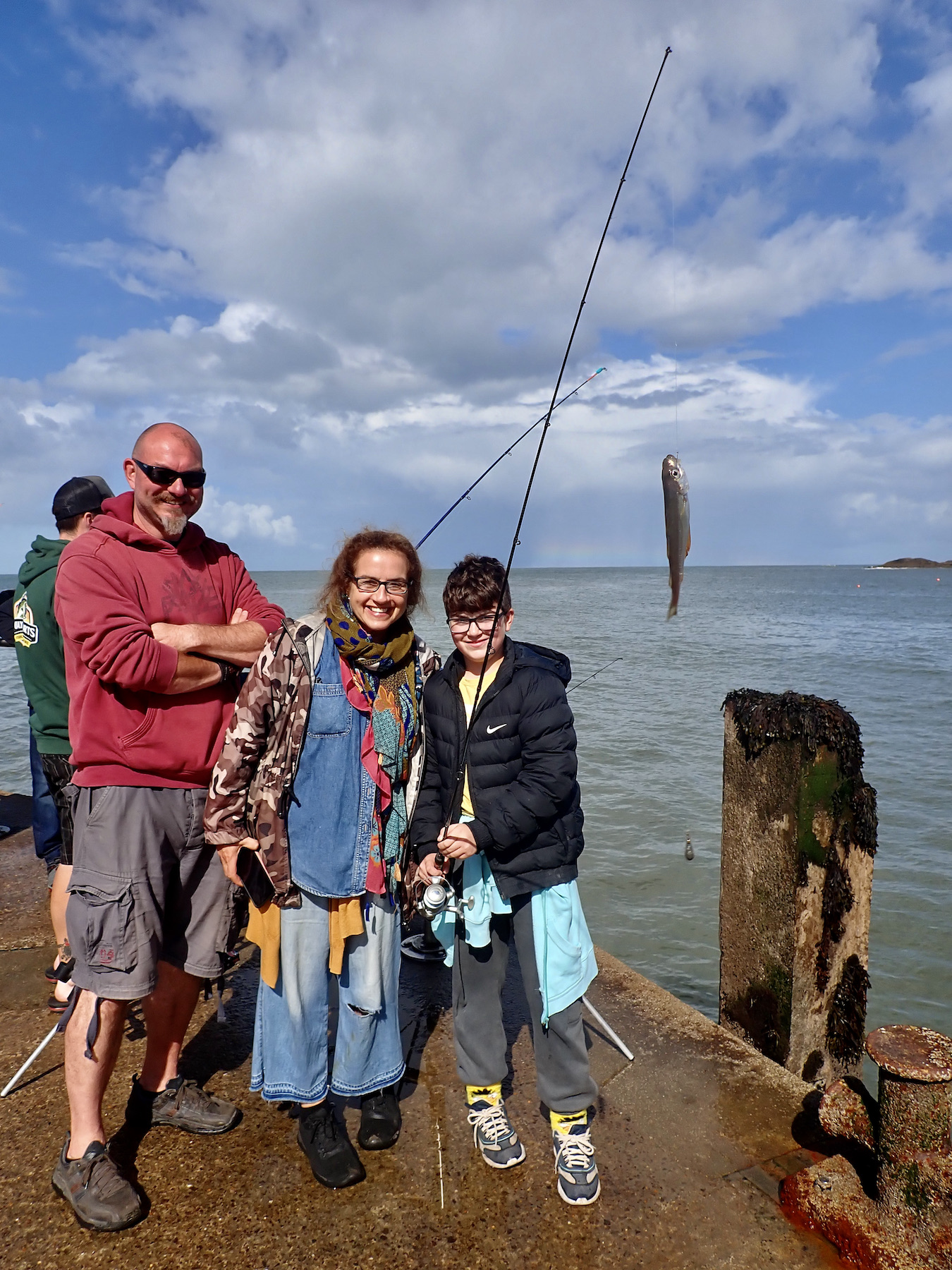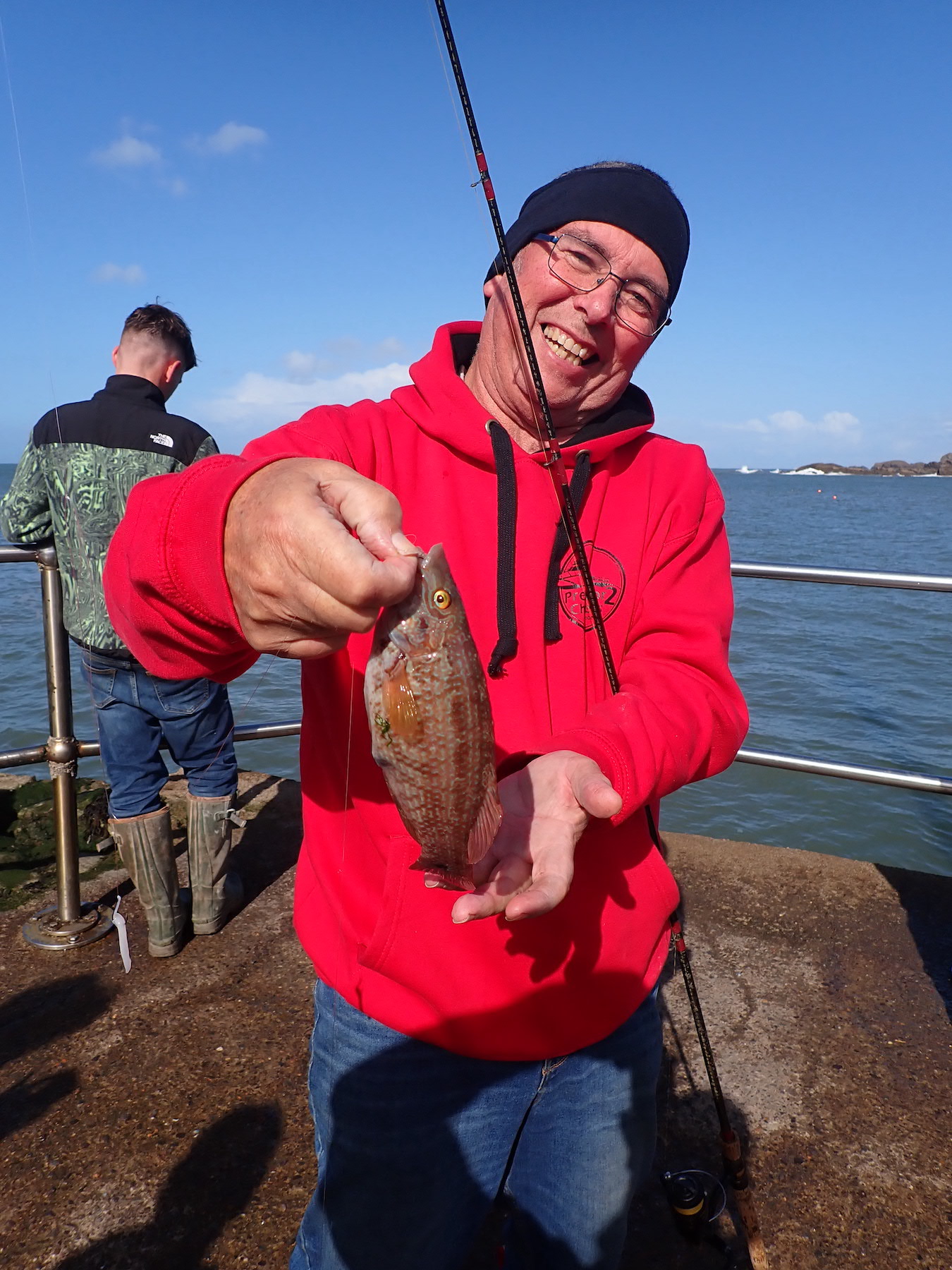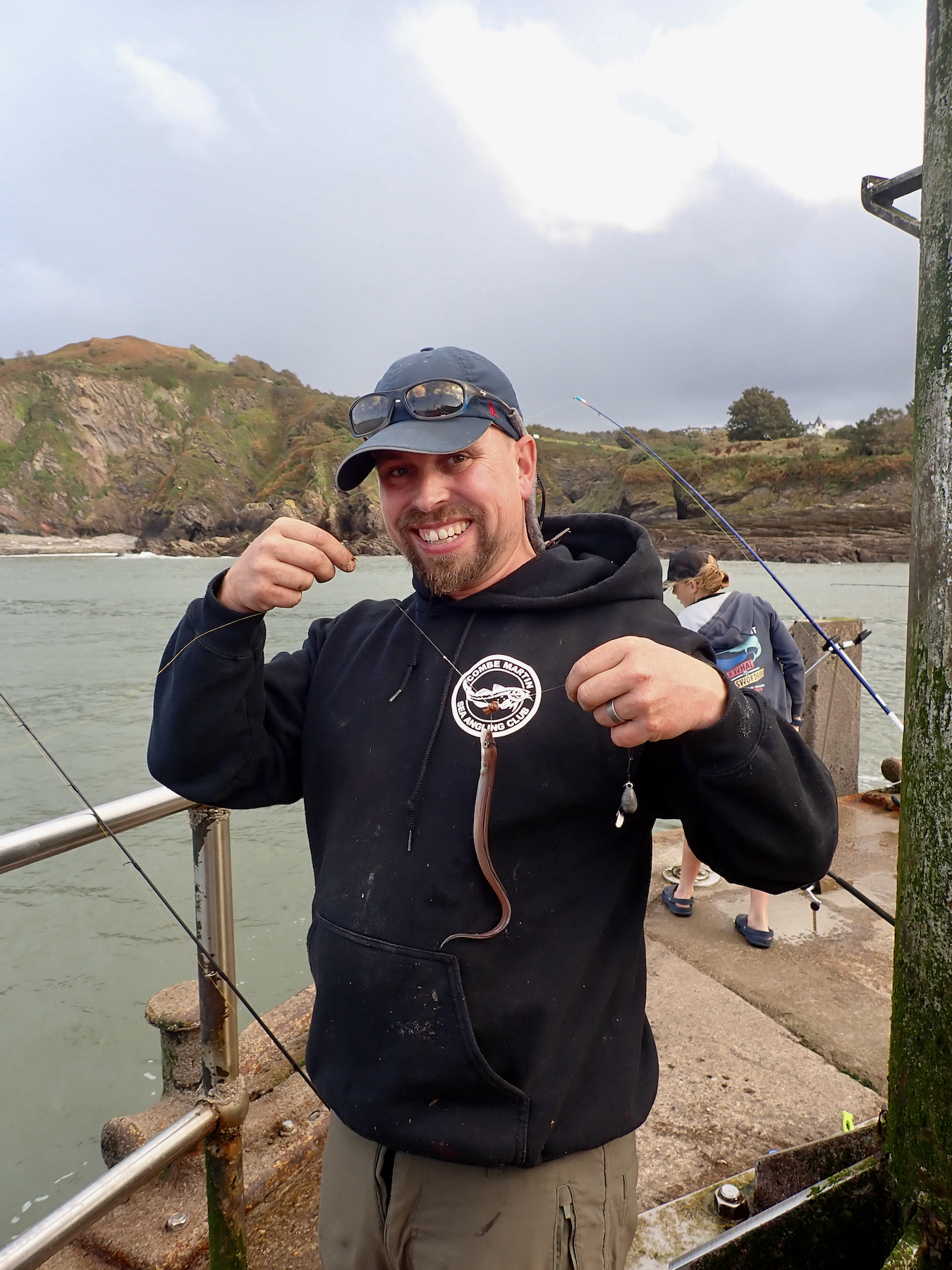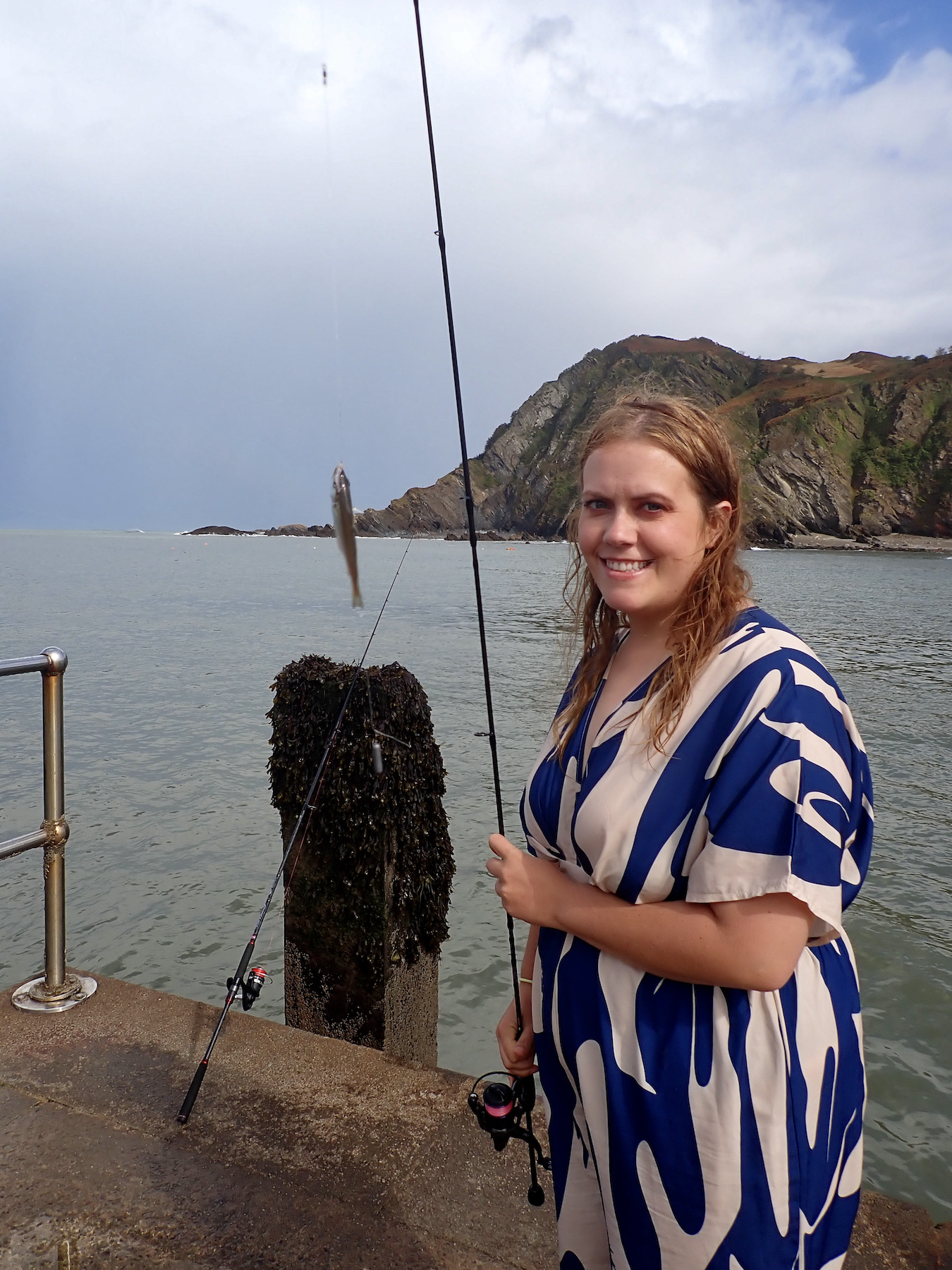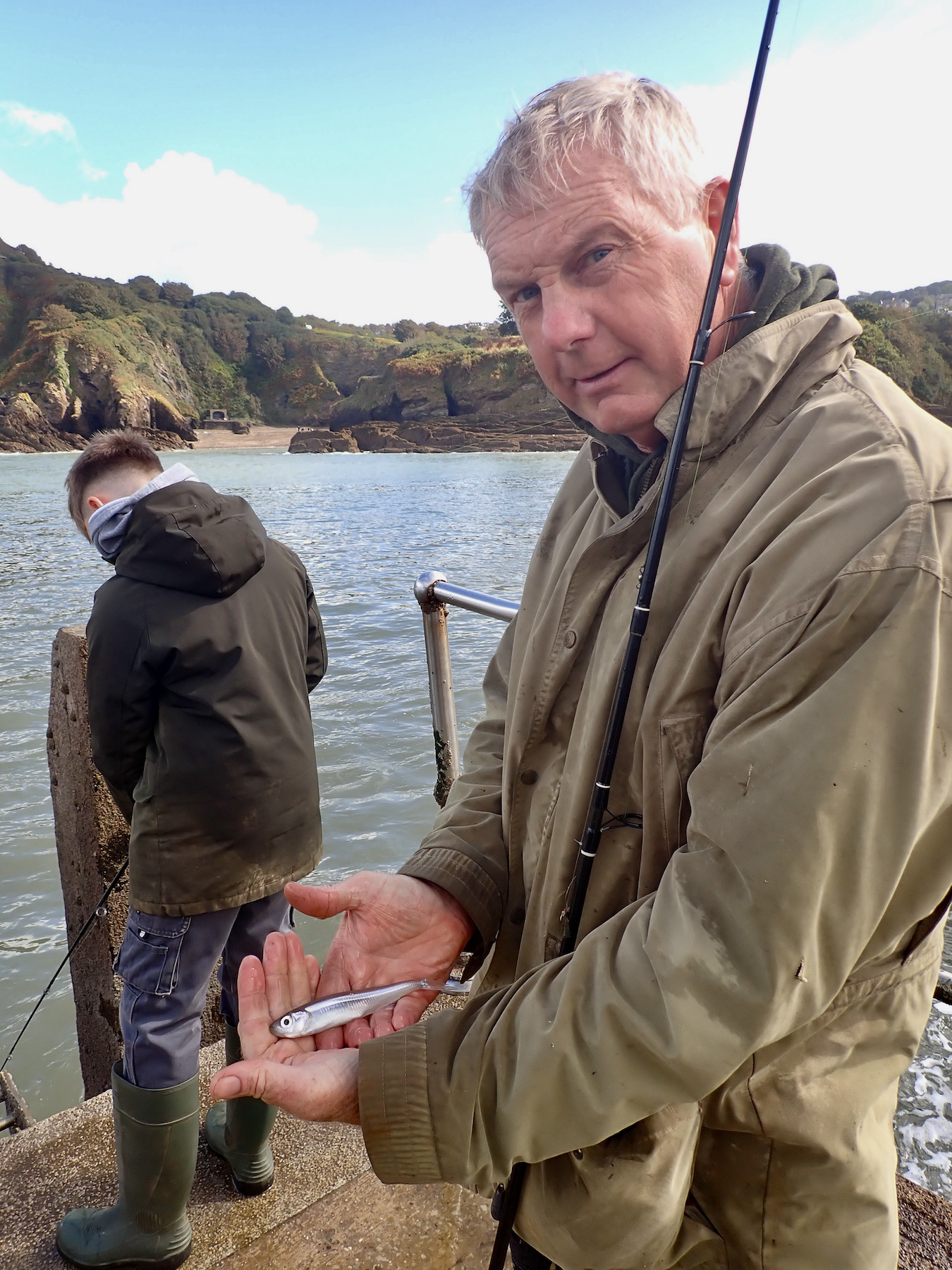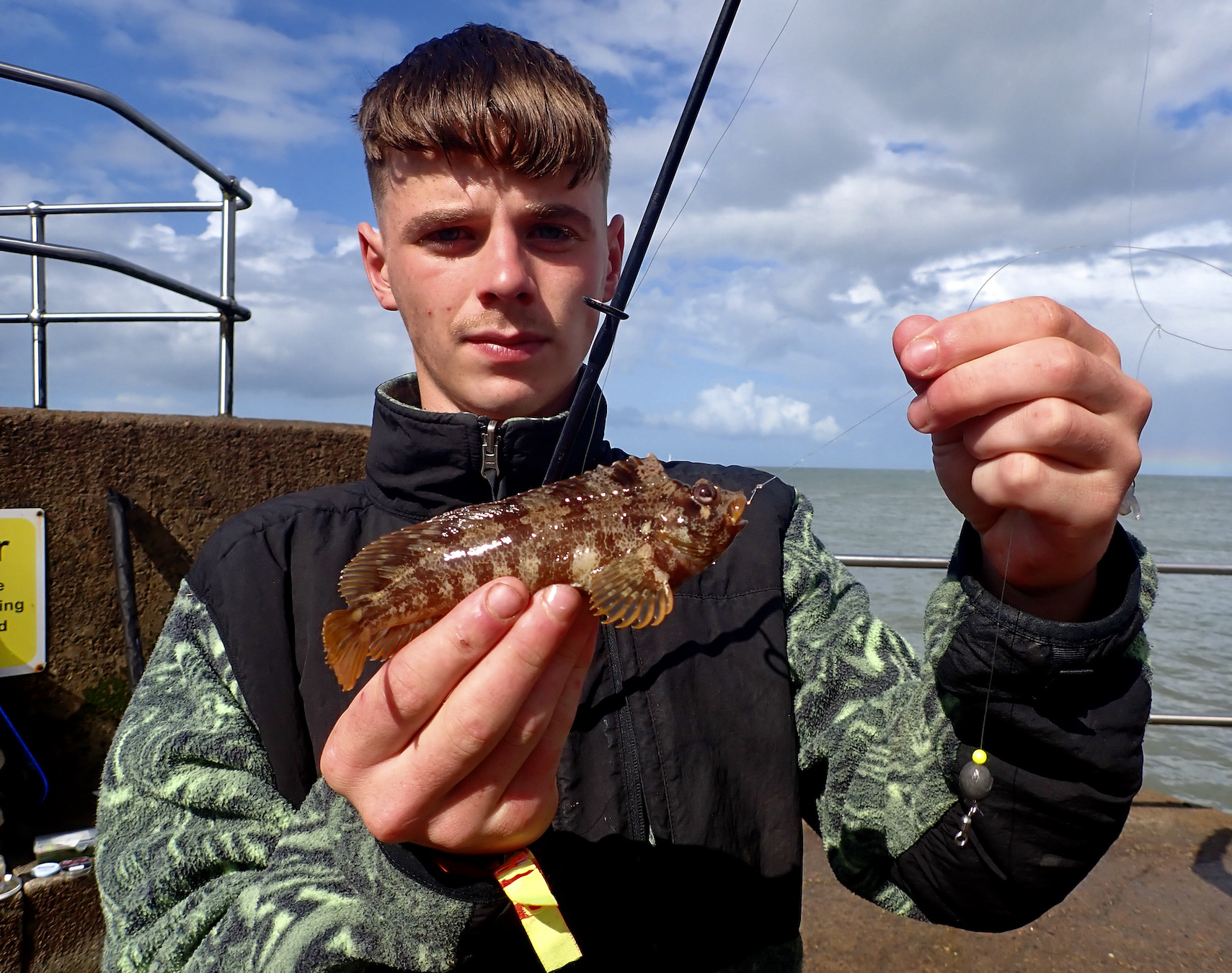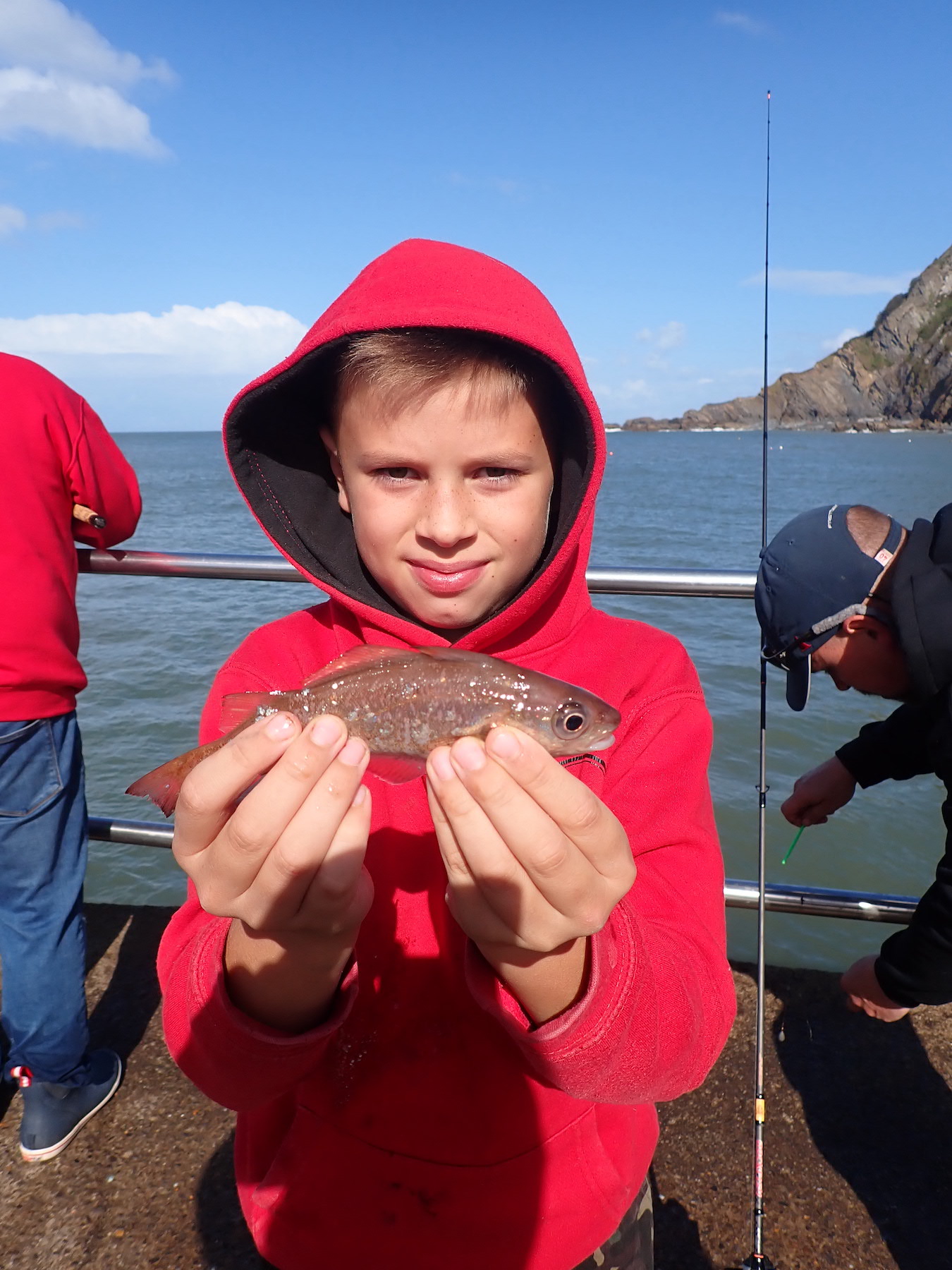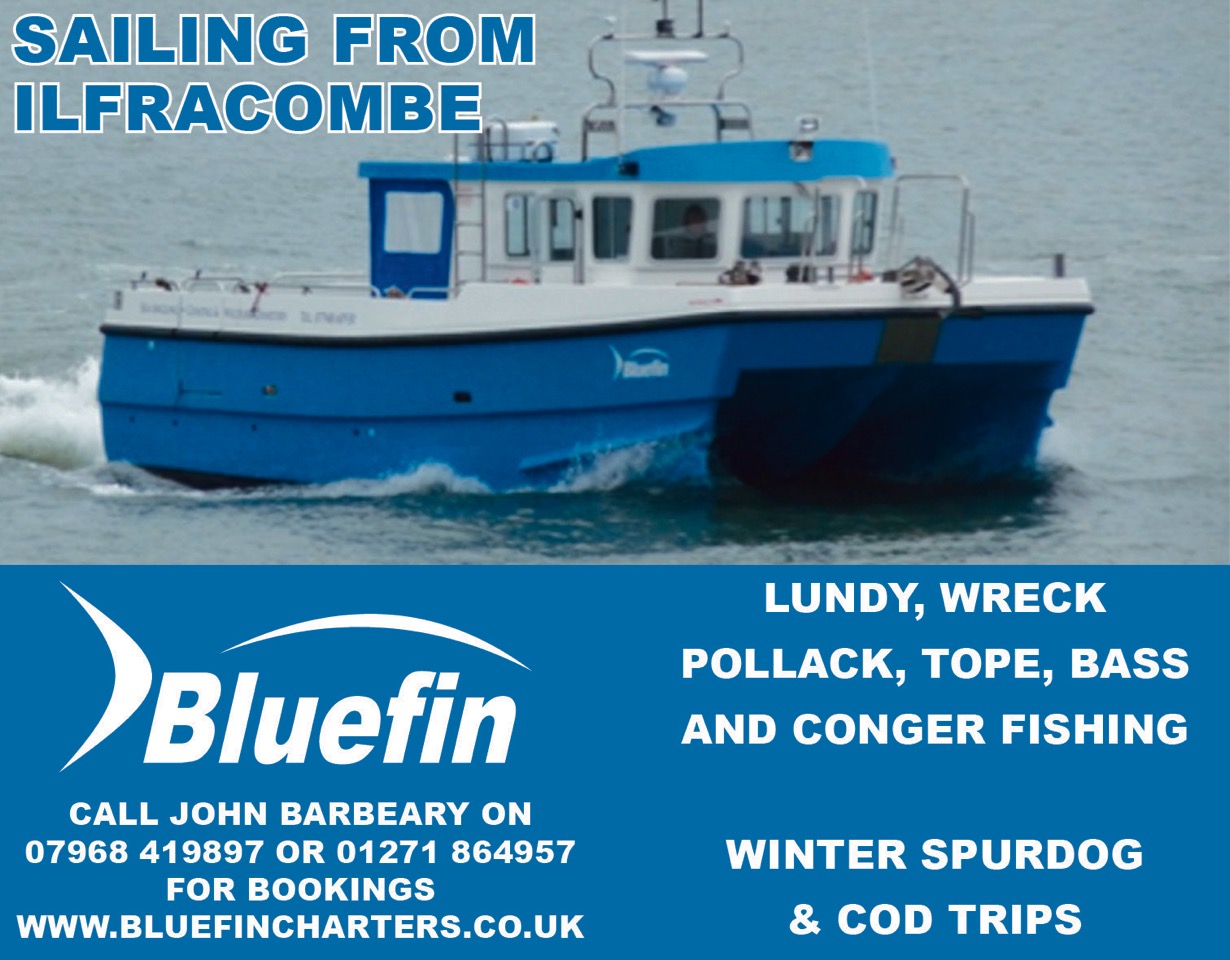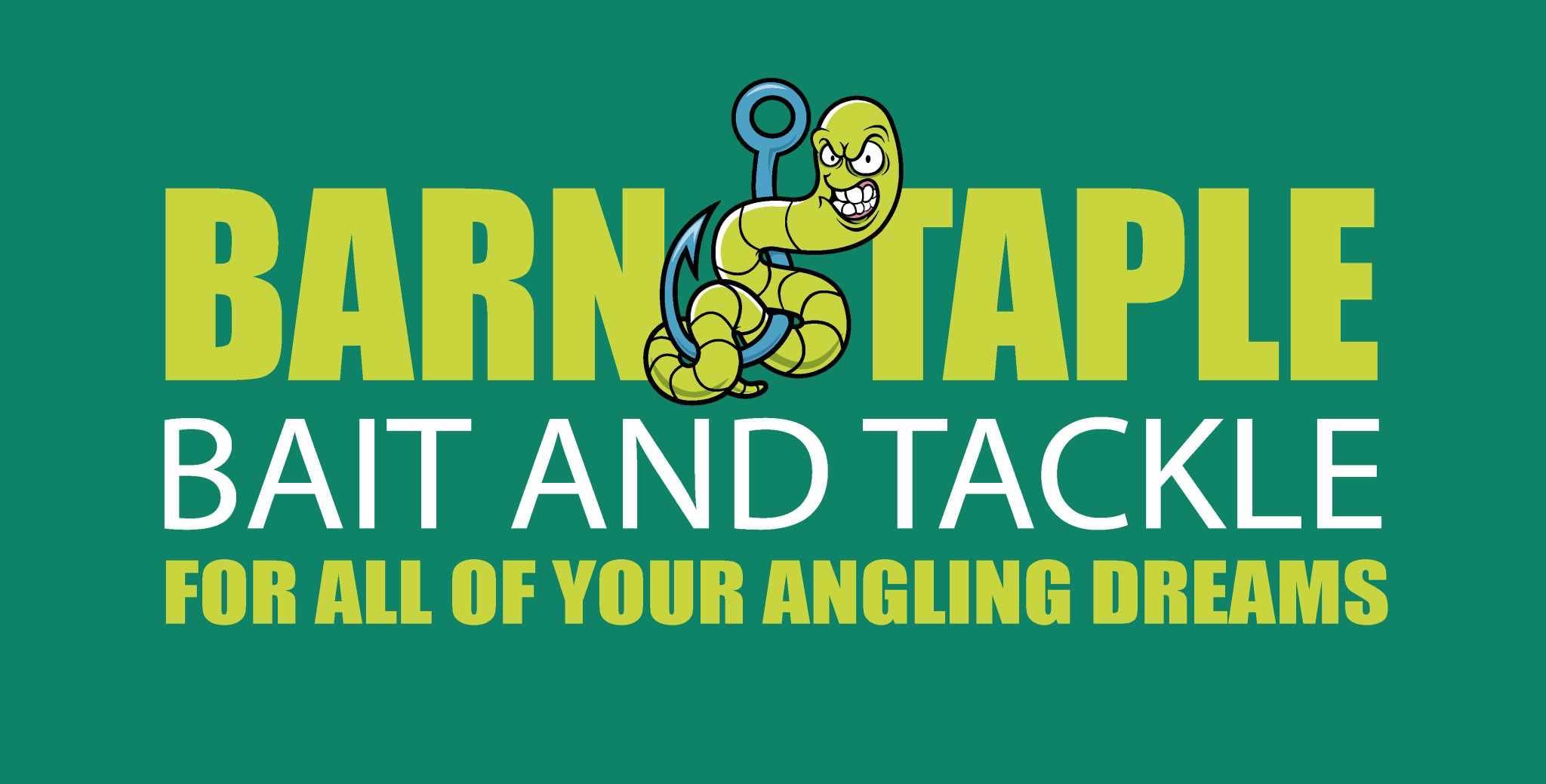
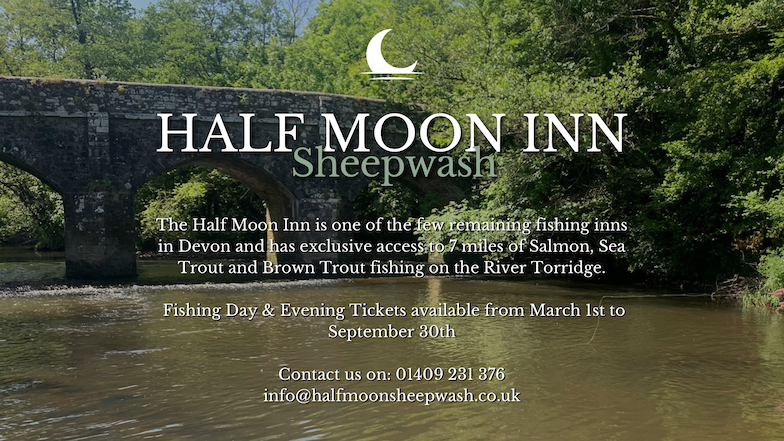
NORTH DEVON RIVERS TO FEATURE ON BBC COUNTRYFILE
This Sunday’s forthcoming BBC Countryfile episode features North Devon’s Taw and Torridge the two major rivers that feature in Henry Williamson’s classic tomes, ‘Tarka The Otter’ , ‘Salar the Salmon’ and A Clear Water Stream. The program features interviews with prominent local anglers reflecting upon angling history, the iconic salmon and the efforts to ensure the future of these marvellous fish.

TROUT & SALMON FISHING
Autumn is often a golden spell for anglers as temperatures drop and rain brings a welcome lift to the regions rivers that will encourage salmon and sea trout to enter the river systems. Trout anglers will also enjoy the chance to cast their flies into the rejuvenated streams and onto the regions reservoirs as cooler water encourages fish to the upper layers. Large dry daddy longlegs can provide exciting opportunities and large wild brown trout can also be seen slashing into shoals of fry in the lakes margins.
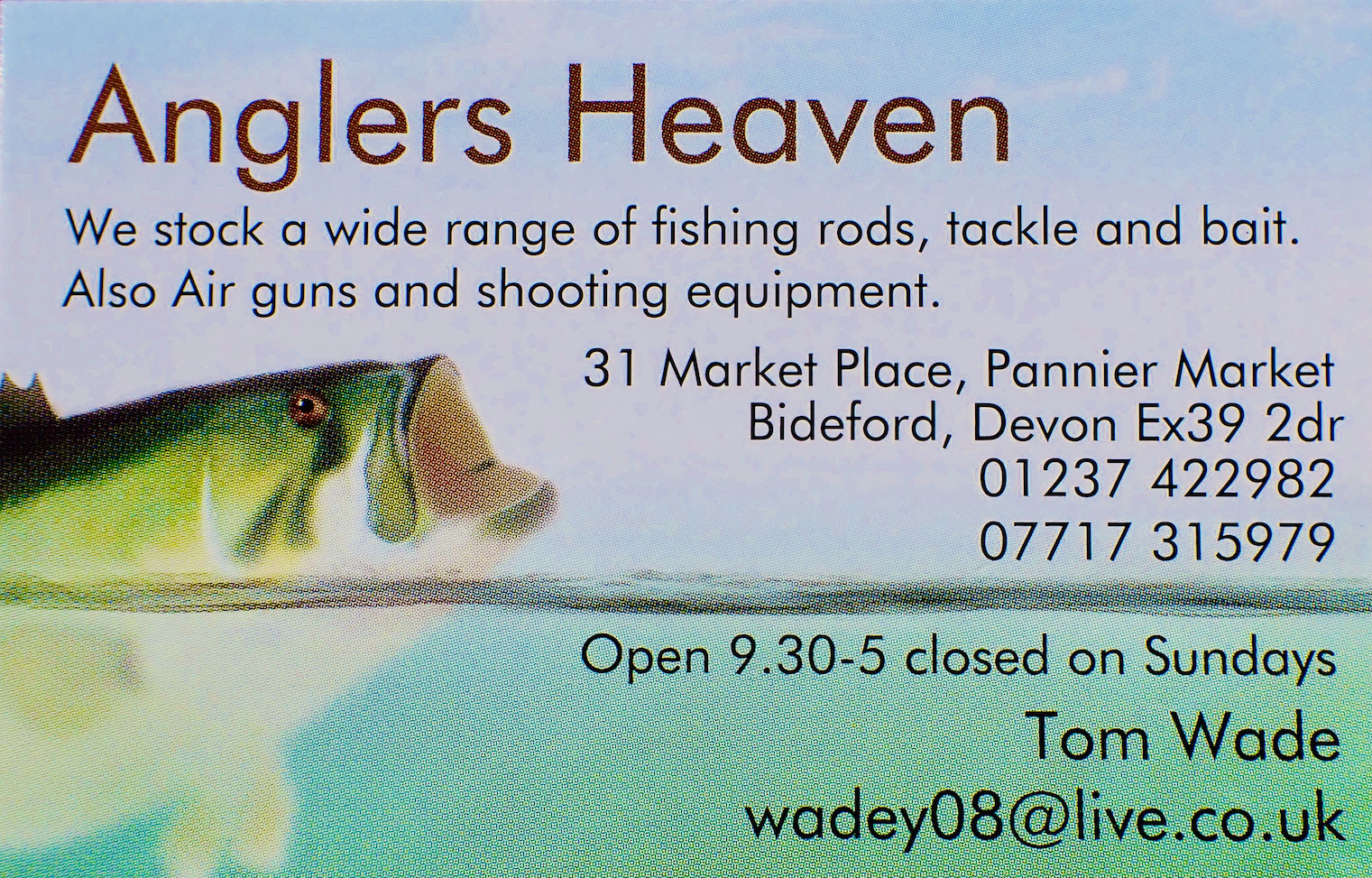
MATCH FISHING
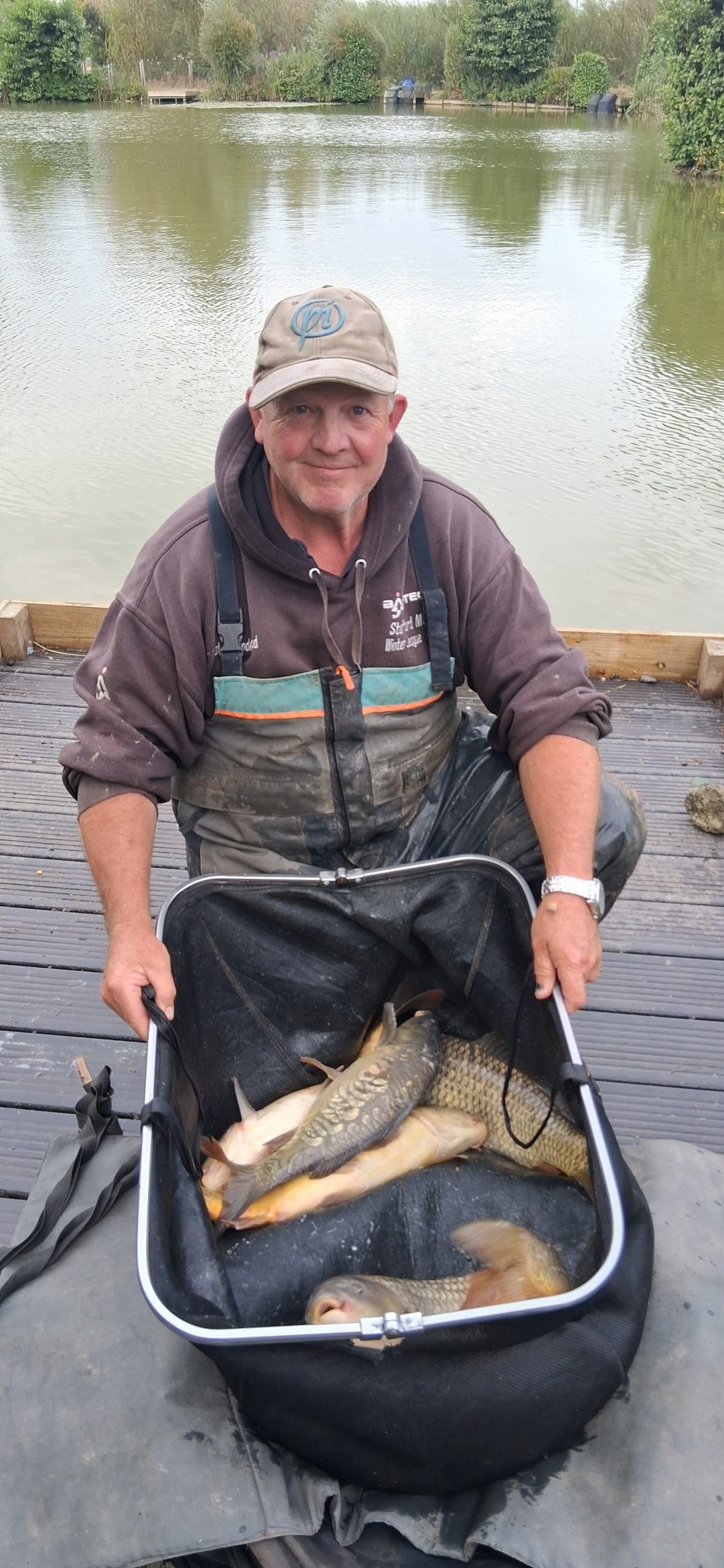
Bideford Angling Clubs Rod N Reel Coarse Match on their home-water was won by Nathan Underwood with 96lb 3oz. Runner up was Martin Turner with 40lb 7oz and Kevin Shears third with 37lb 14oz.

Nick Jones won Stafford Moor’s Open match last weekend with 172lb 14oz.
The venues specimen carp lakes are in fine form with good carp from Beattie’s and Lodge Lake. Tony Franklin banked fourteen fish during a four day session including a personal best of 42lb.
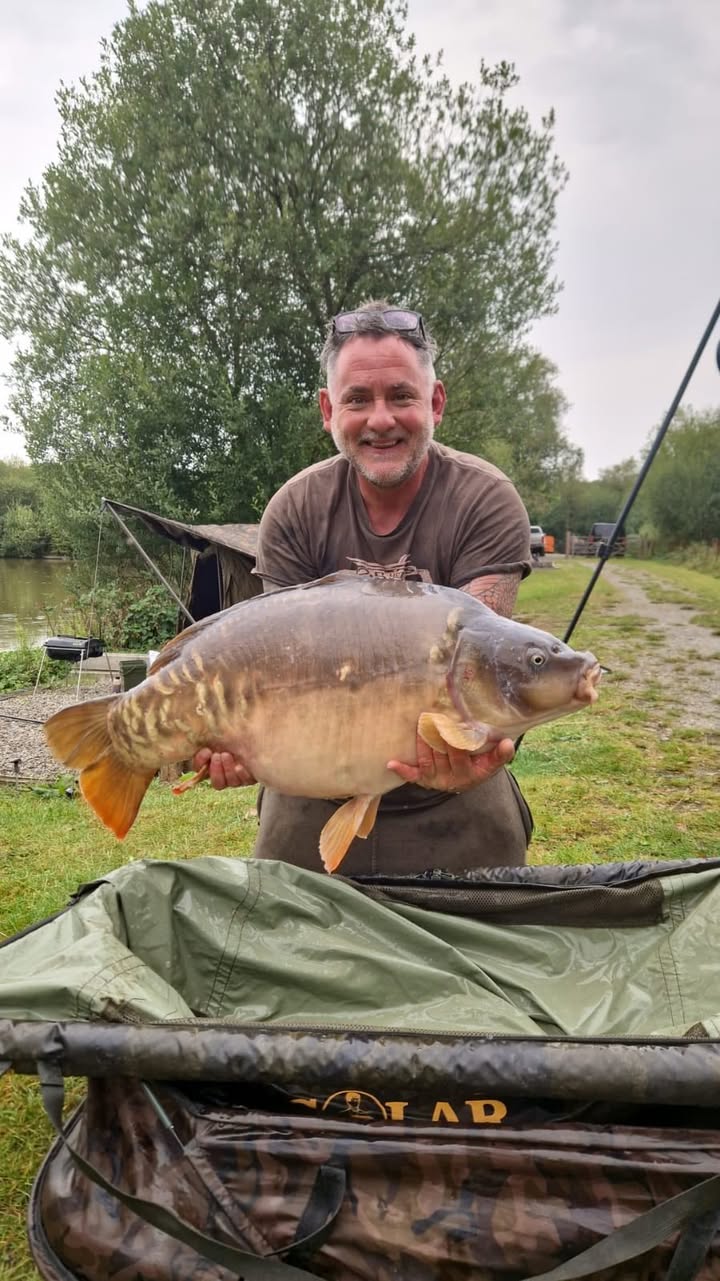
At Bulldog Fishery a short closure to allow repairs to a water main seemed to result in the lakes resident carp feeding well on reopening with a group of anglers on a group booking banking 42 carp including a mirror carp of 33lb 1oz and a common carp of 32lb 10oz.

Combe Martin SAC hosted their Annual Fun Fishing event on Ilfracombe Pier an event that was enjoyed by over twenty anglers from different generations. Nine species were caught including pollock, conger, blenny, red bream, tompot blenny, smelt, ballan wrasse, corkwing wrasse and poor cod. A good number of red sea bream were donated to Ilfracombe aquarium where they can be seen along with other fish caught on previous fun fishing events over recent years.
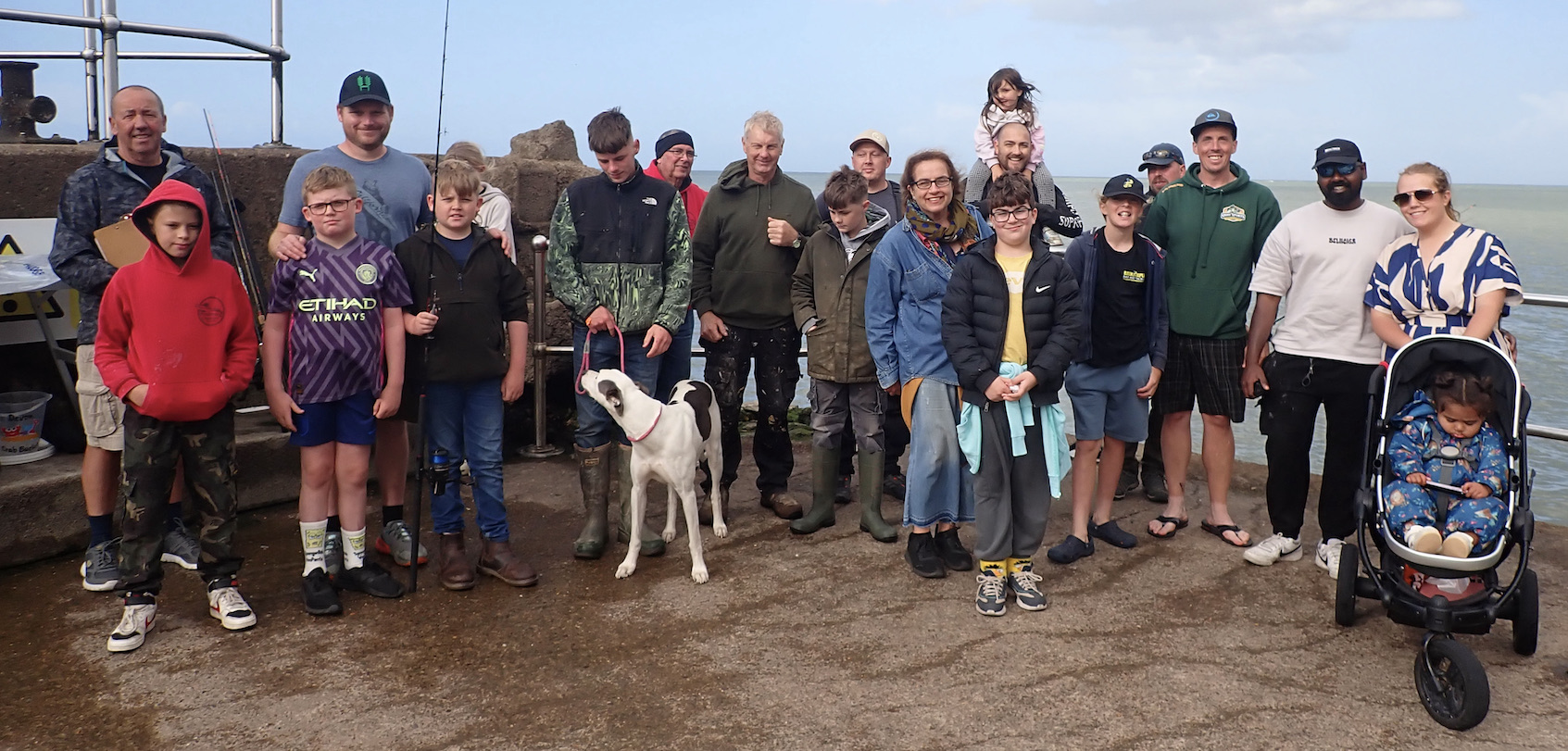
The Welch Family won a trip to Ilfracombe Aquarium that they kindly donated to runner up family Jesubaul and Becky Mringer. The longest fish was a 54cm conger caught by Louie Cameron and the heaviest a ballan wrasse of 1lb 1oz to the rod of Daniel Welch. The top individual points scorer was Ben Clarke with 25 points and Jesubaul runner up with 24 points.
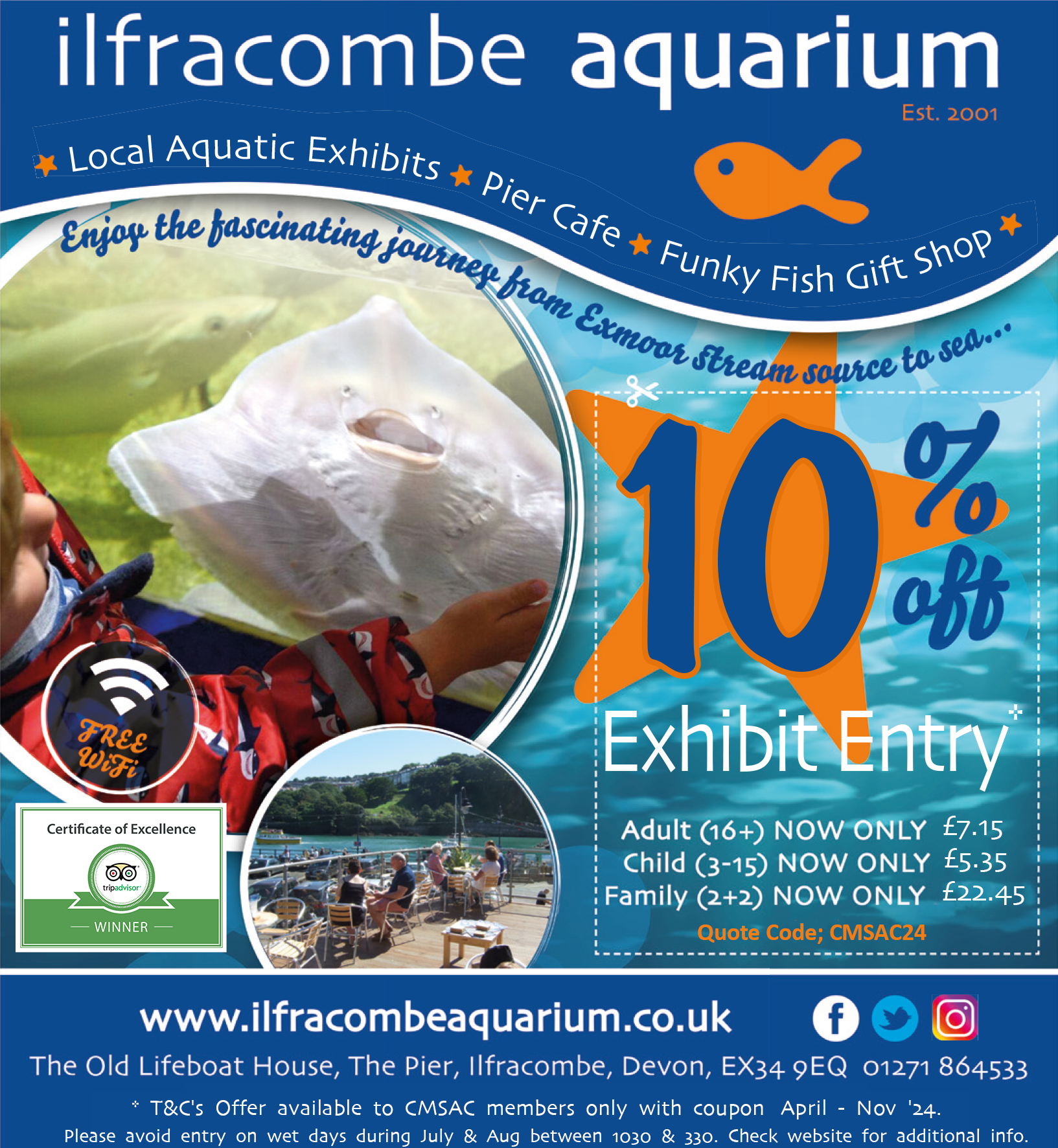
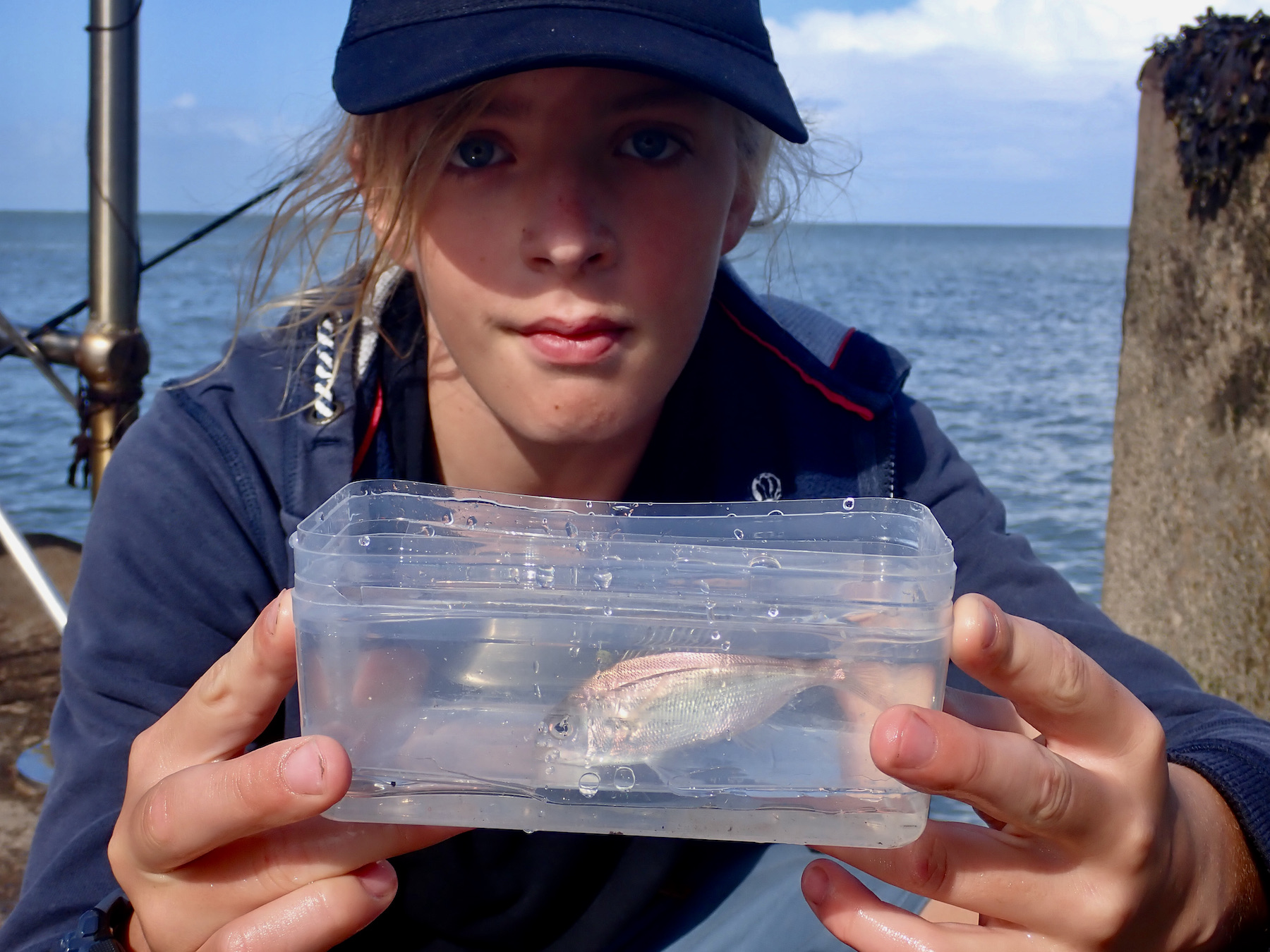
Combe Martin SAC are very appreciative for generous sponsorship of the event from High Street Tackle, Ilfracombe Aquarium and Barnstaple Bait and Tackle.

Combe Martin SAC member David Brooke has set a new club boat record with a fine specimen gilthead bream of 6lb 4oz.
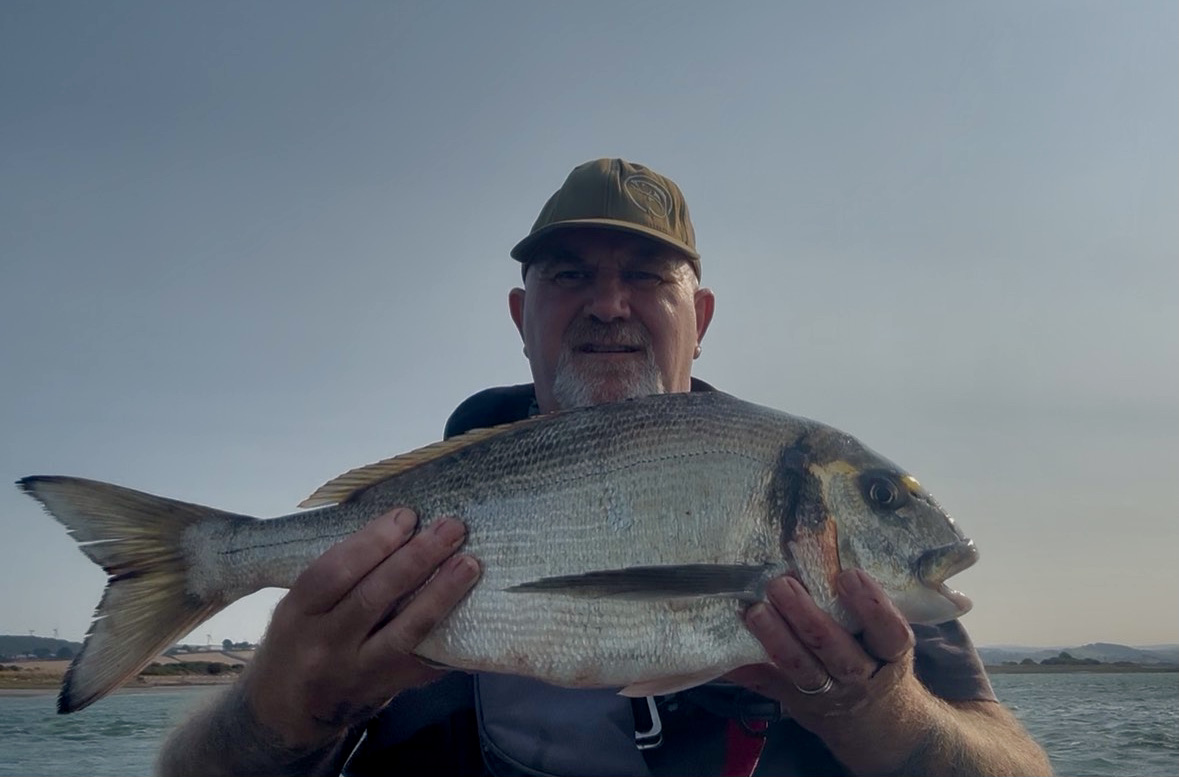
Autumn is often a time of plenty for sea anglers with water temperatures at their peak resulting in a wide range of species being present. Trigger fish, sea bream, red mullet and sole are all possible targets from Ilfracombe Pier along with squid on Autumn nights.
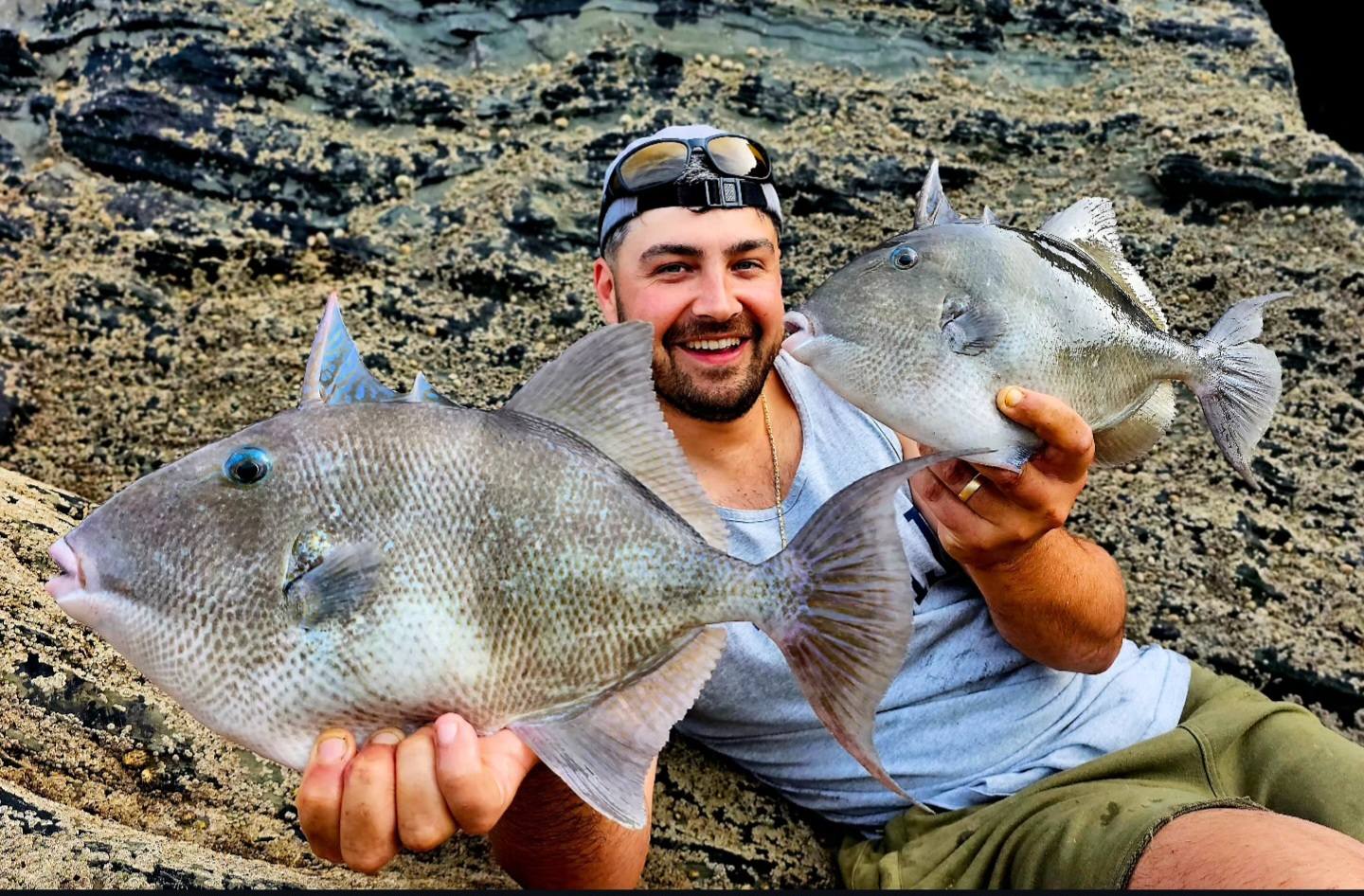

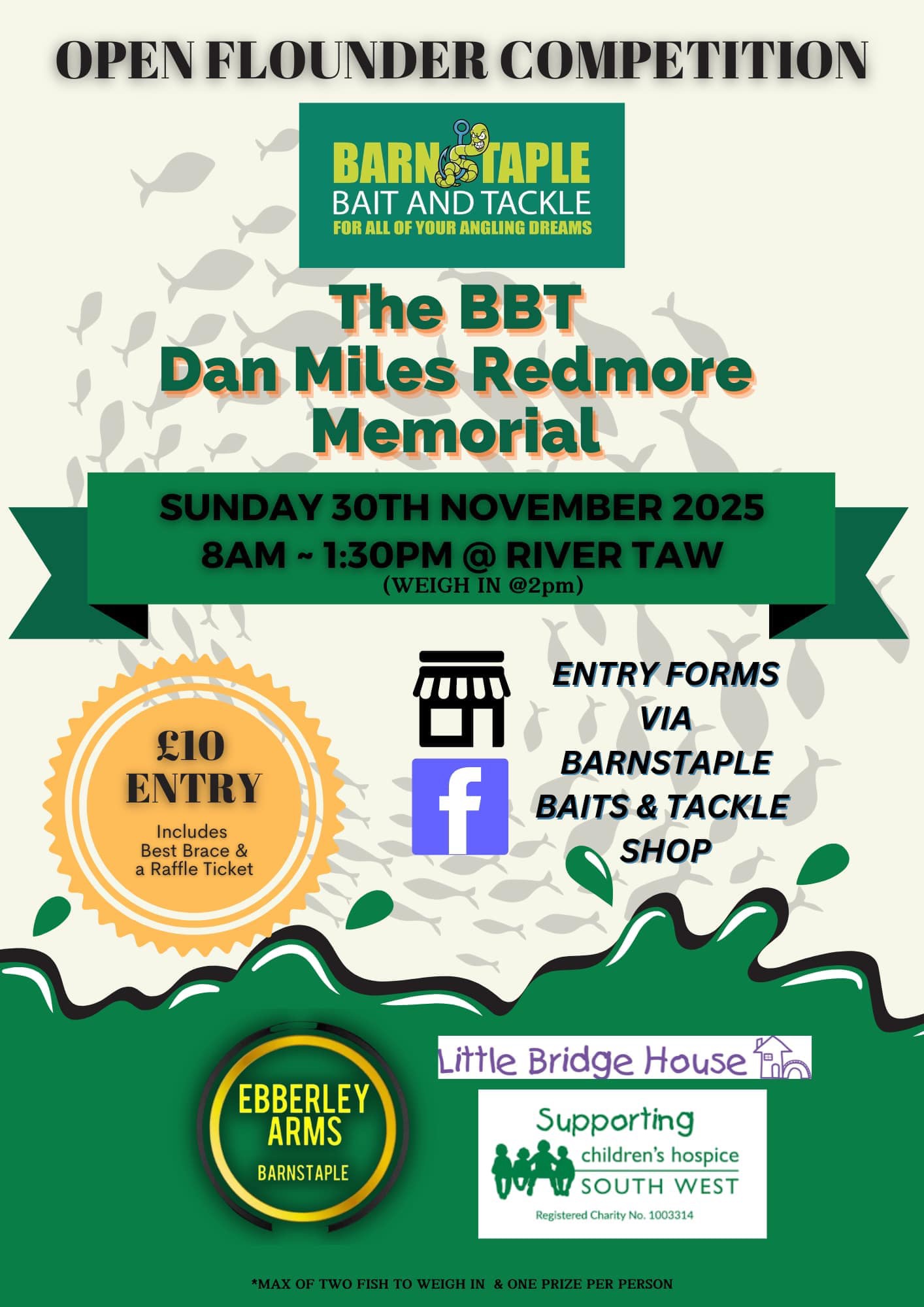
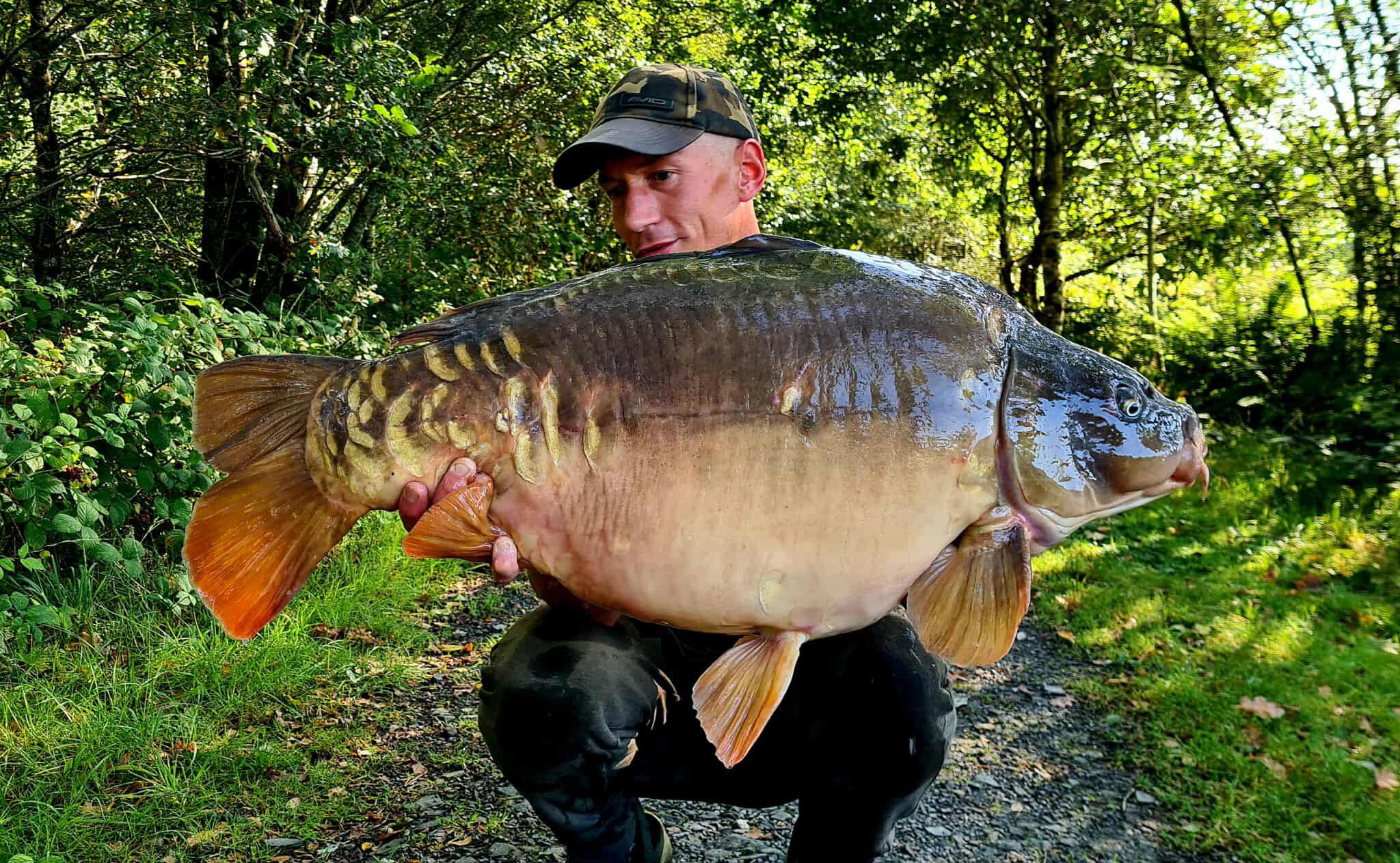 Rob Gibbon friends fished four nights on Lodge Lake to bank eight fish between them up to 36lb. All caught on Sticky Baits Krill.
Rob Gibbon friends fished four nights on Lodge Lake to bank eight fish between them up to 36lb. All caught on Sticky Baits Krill.


